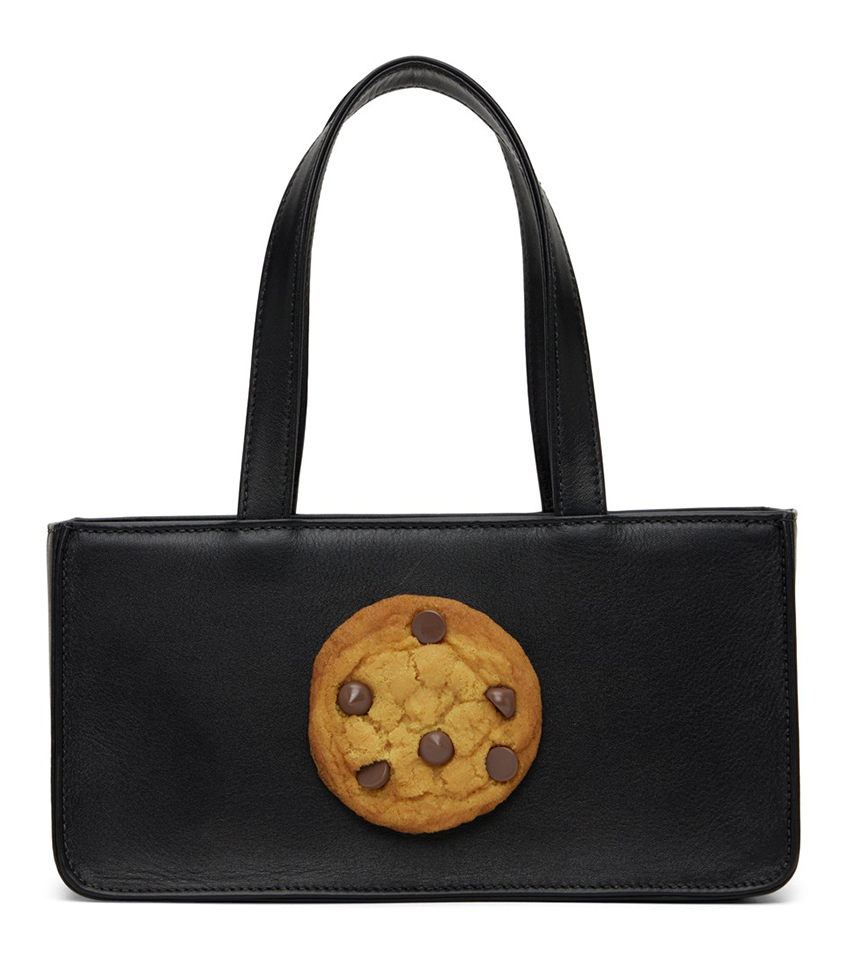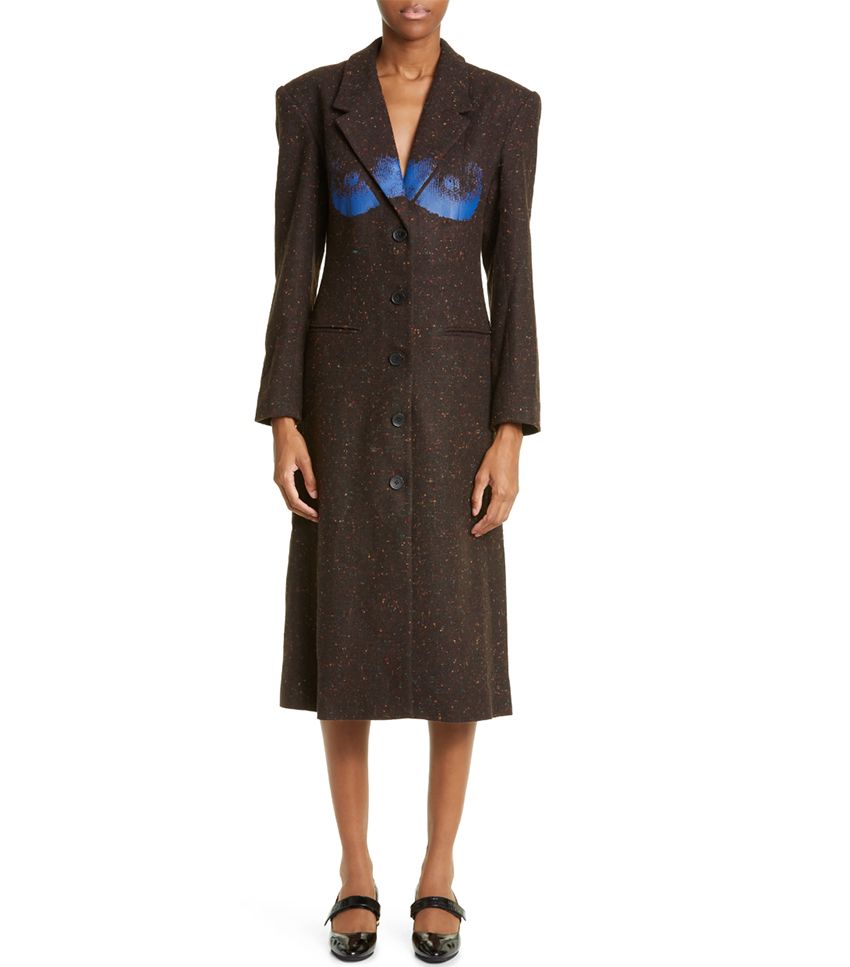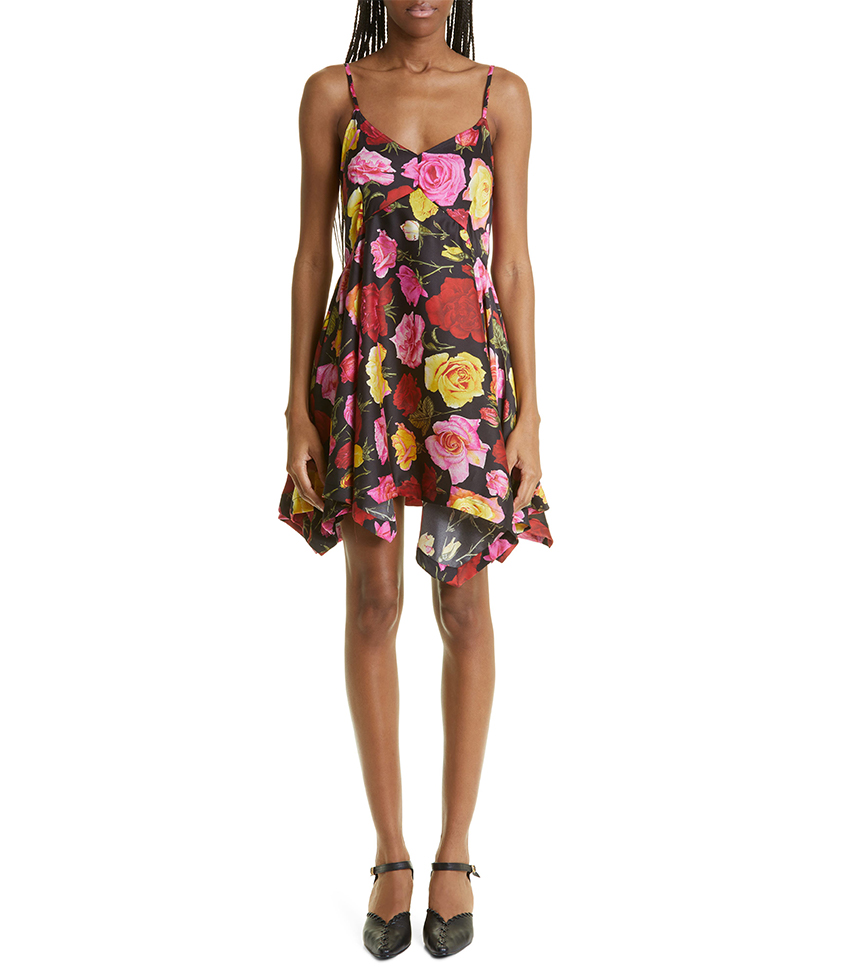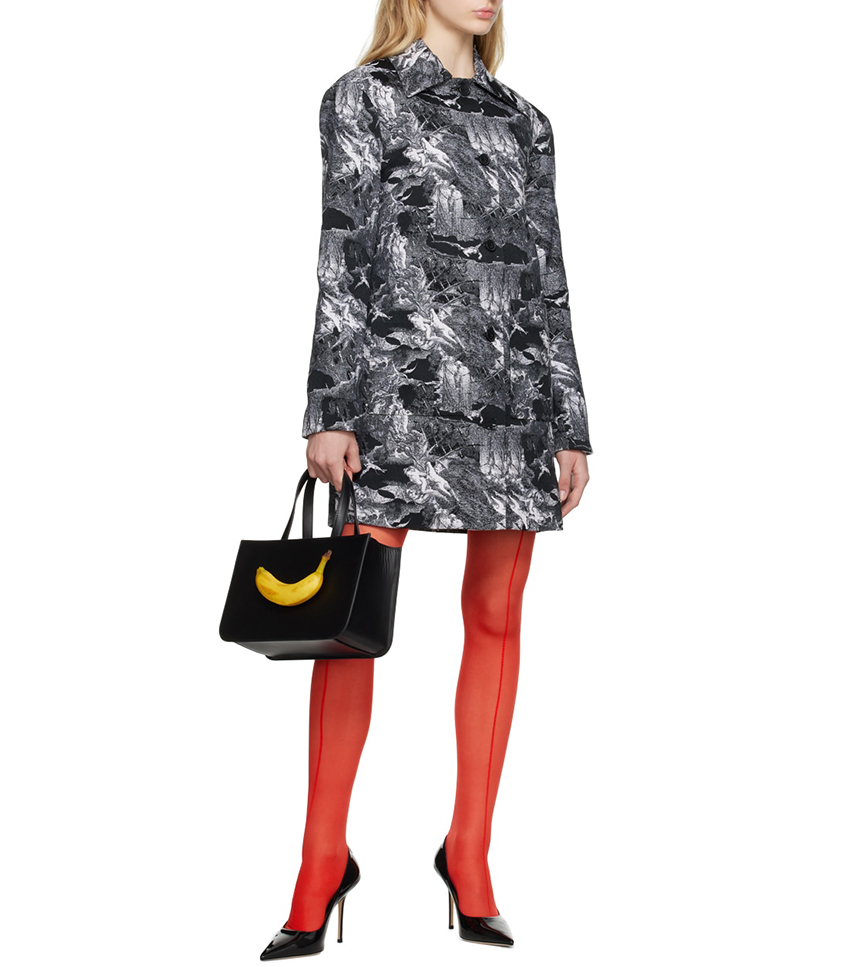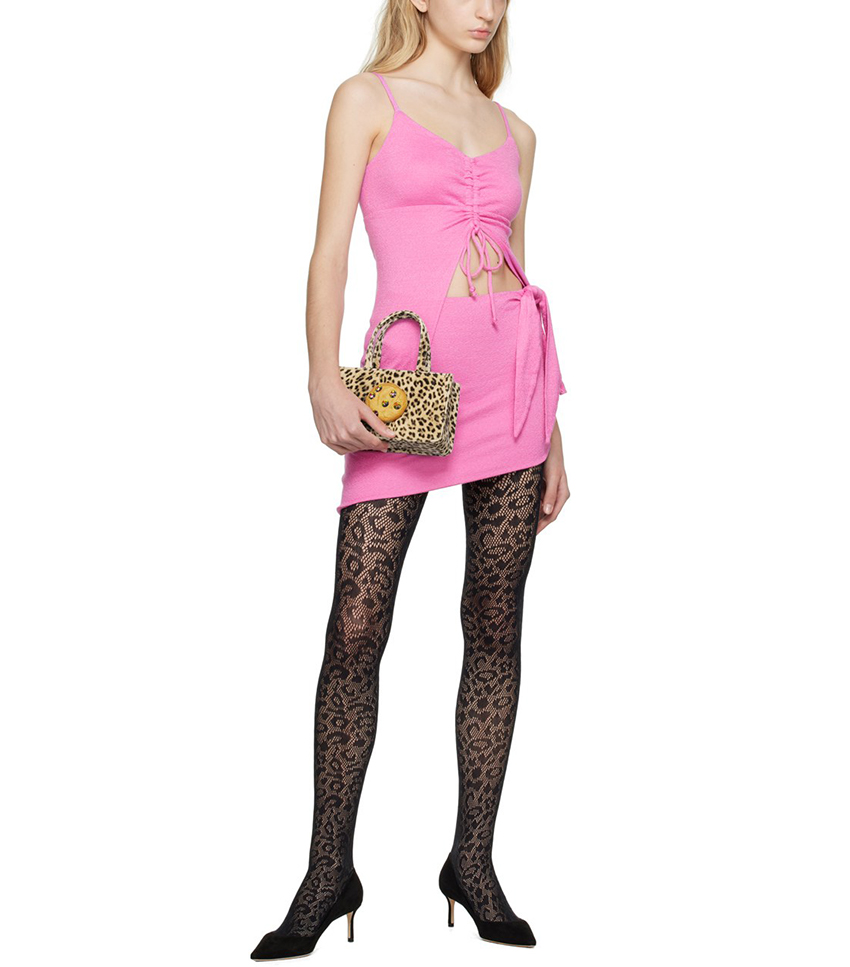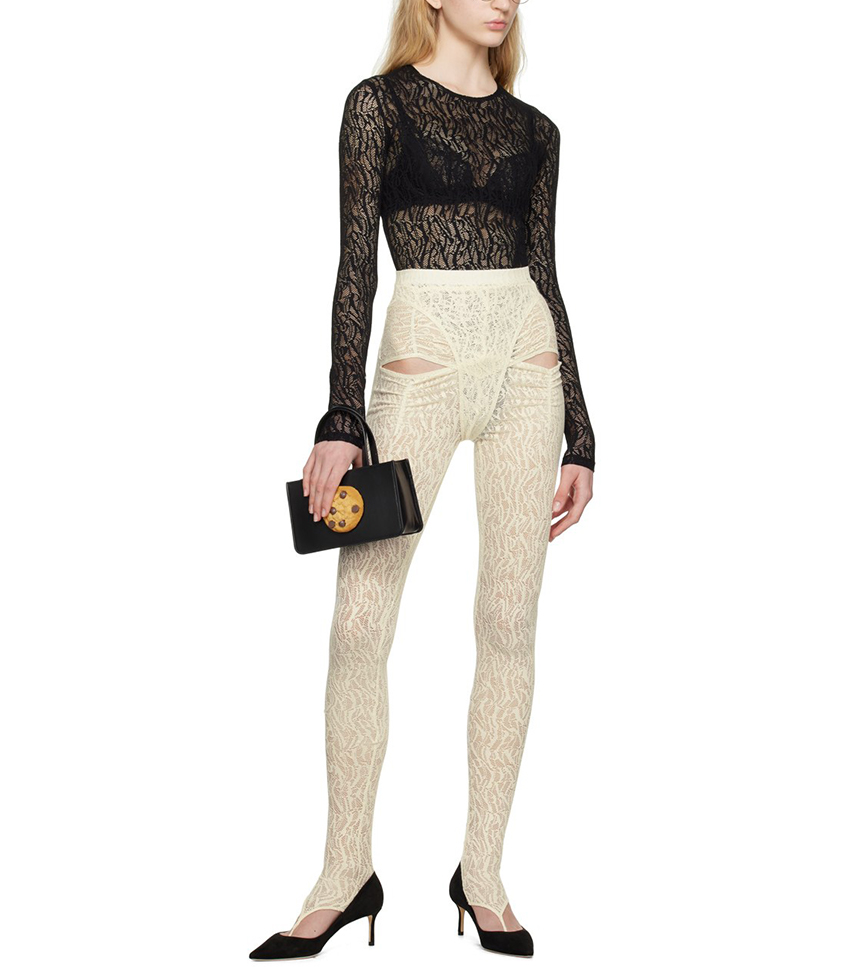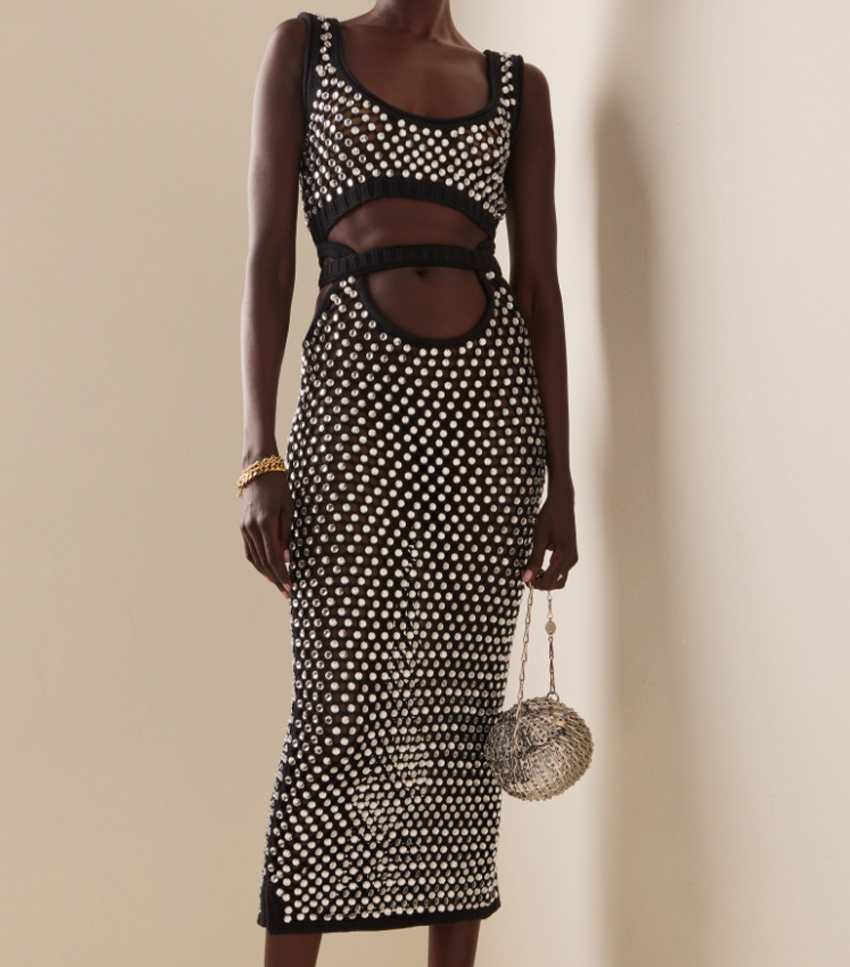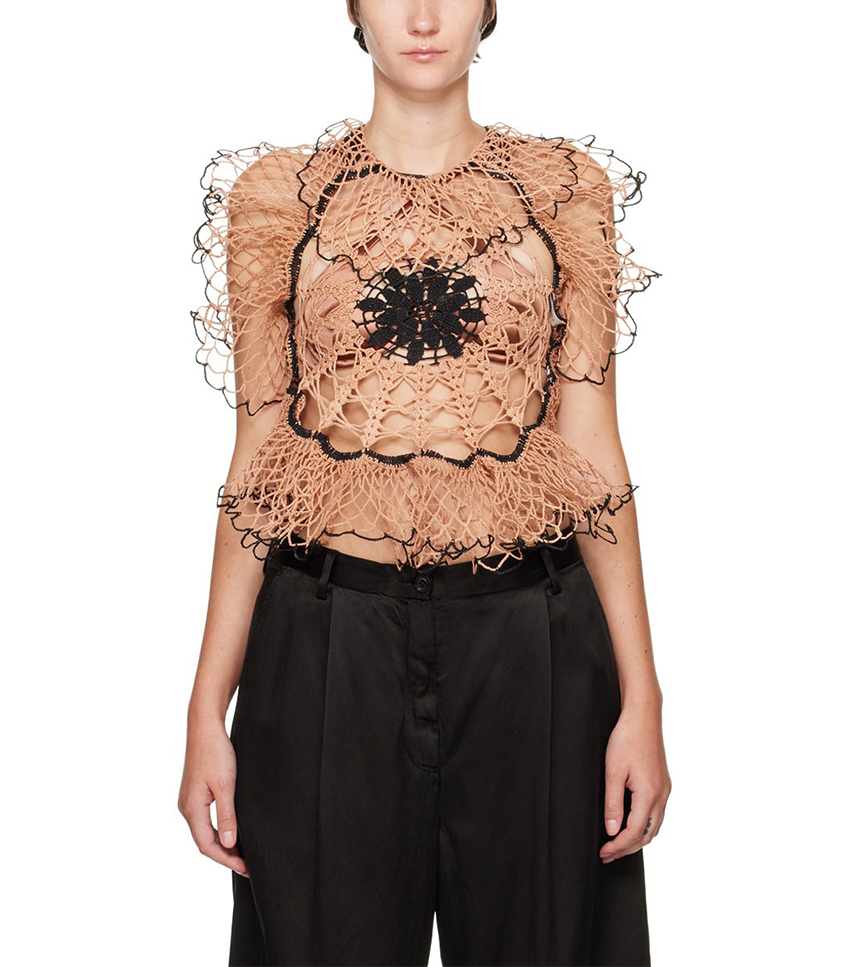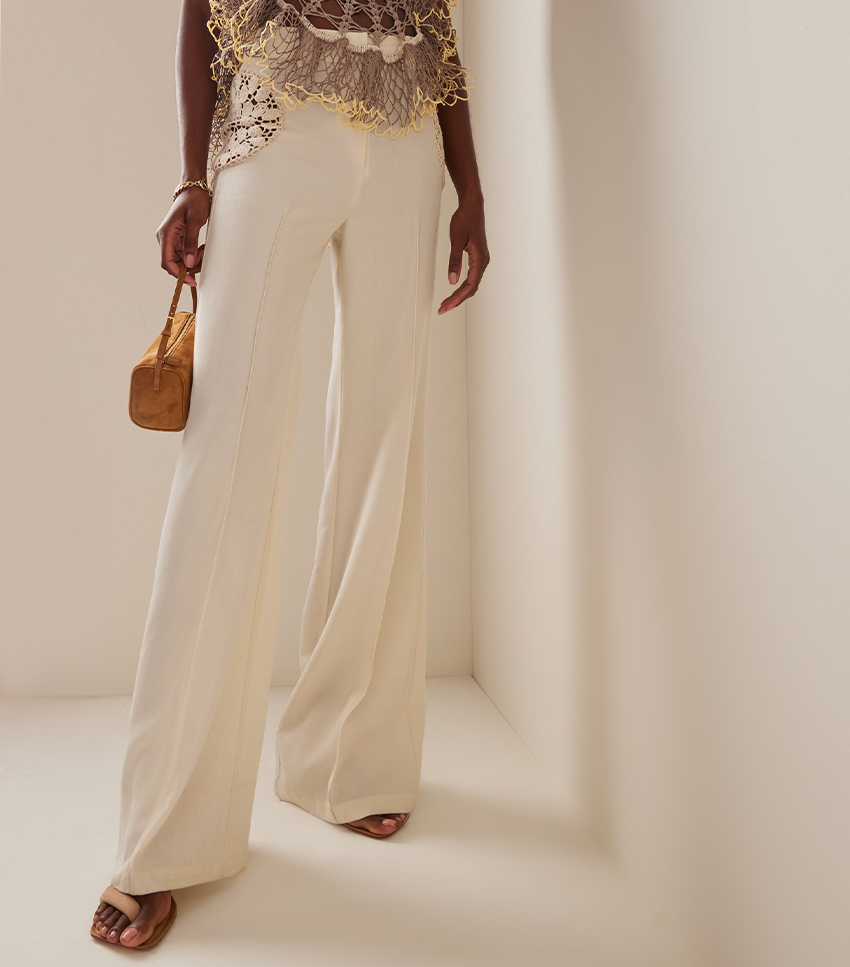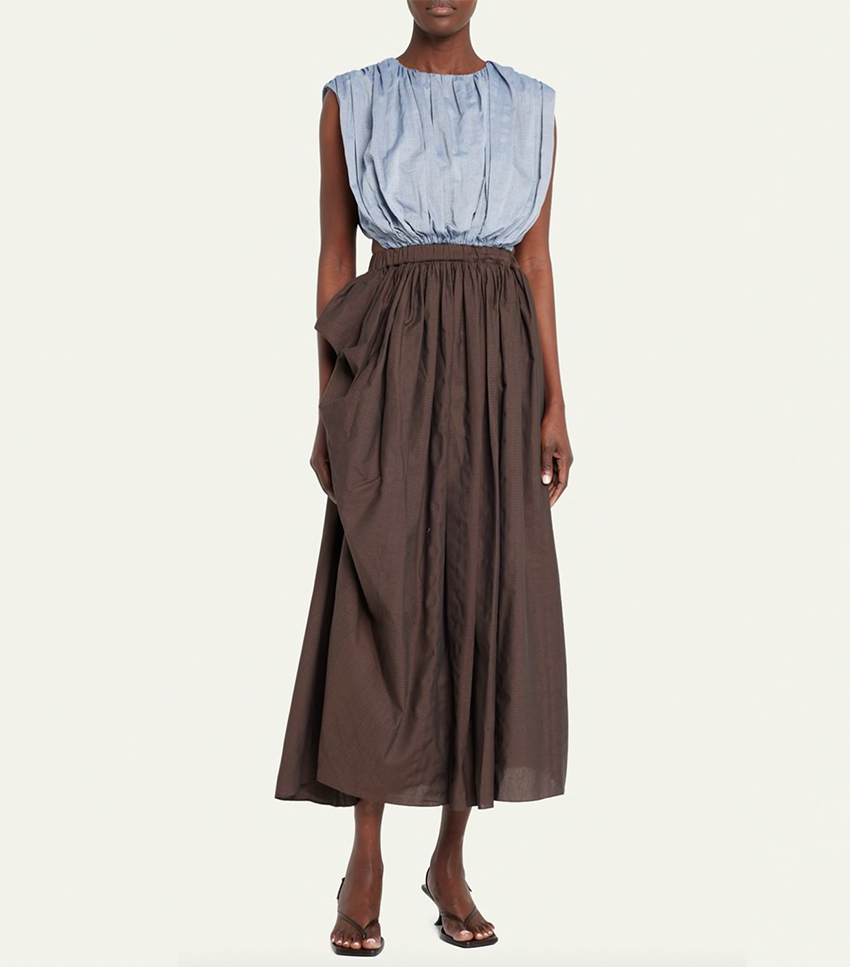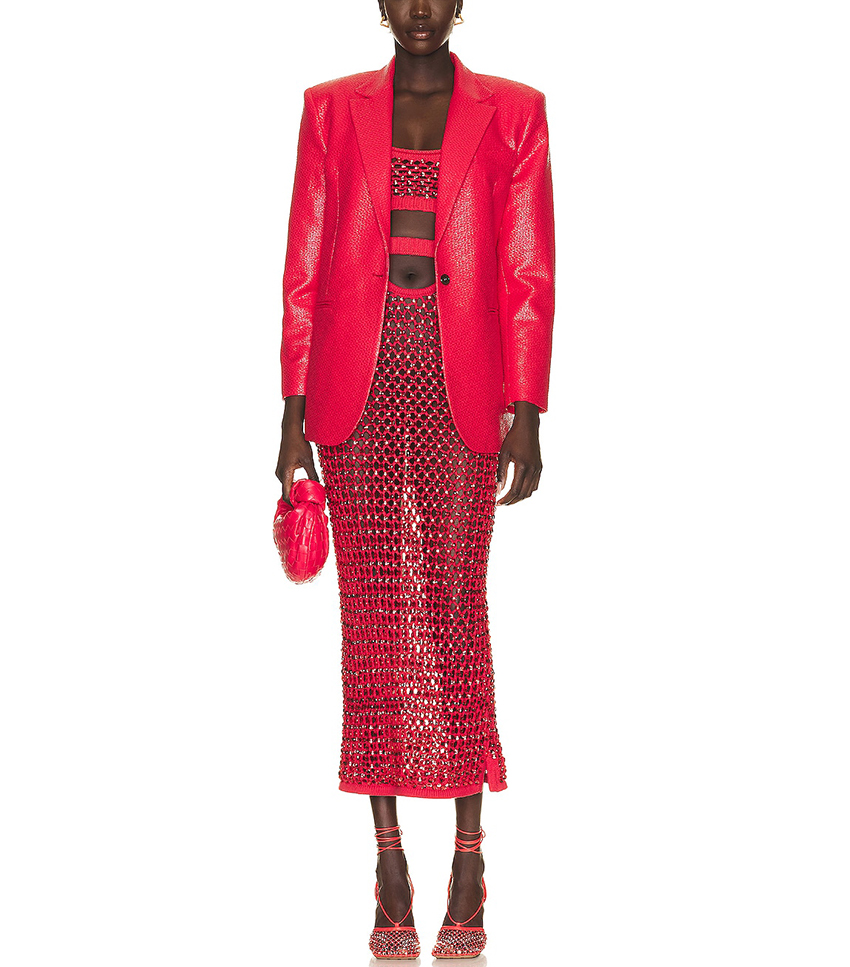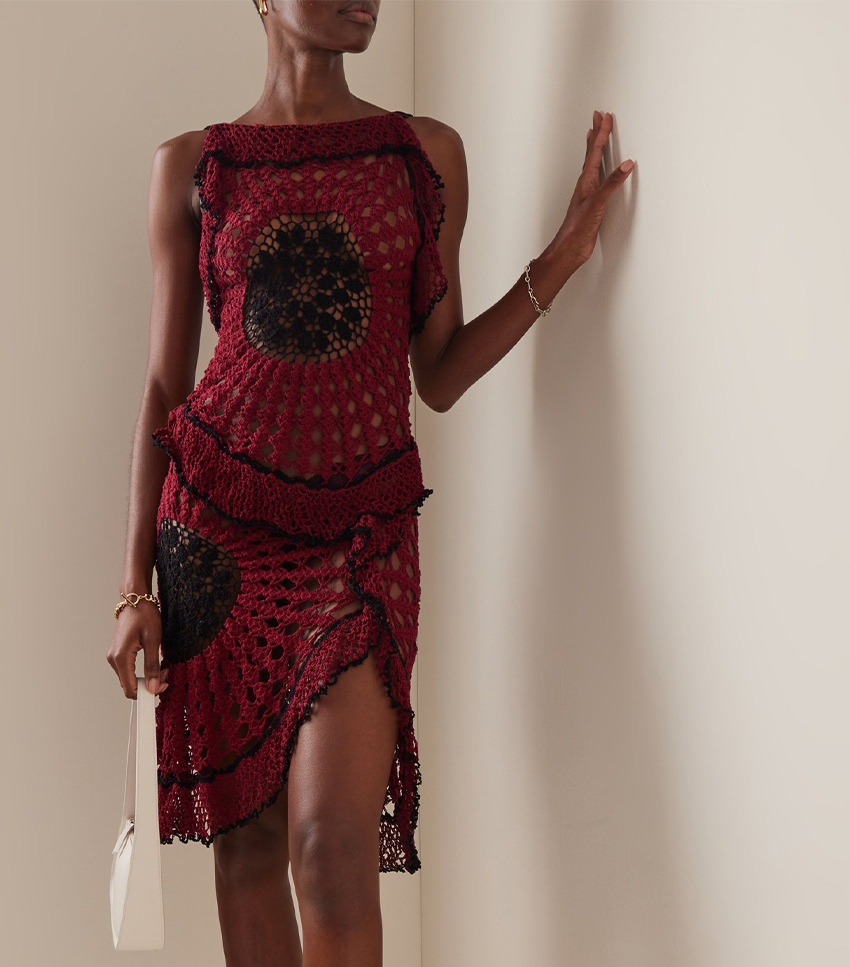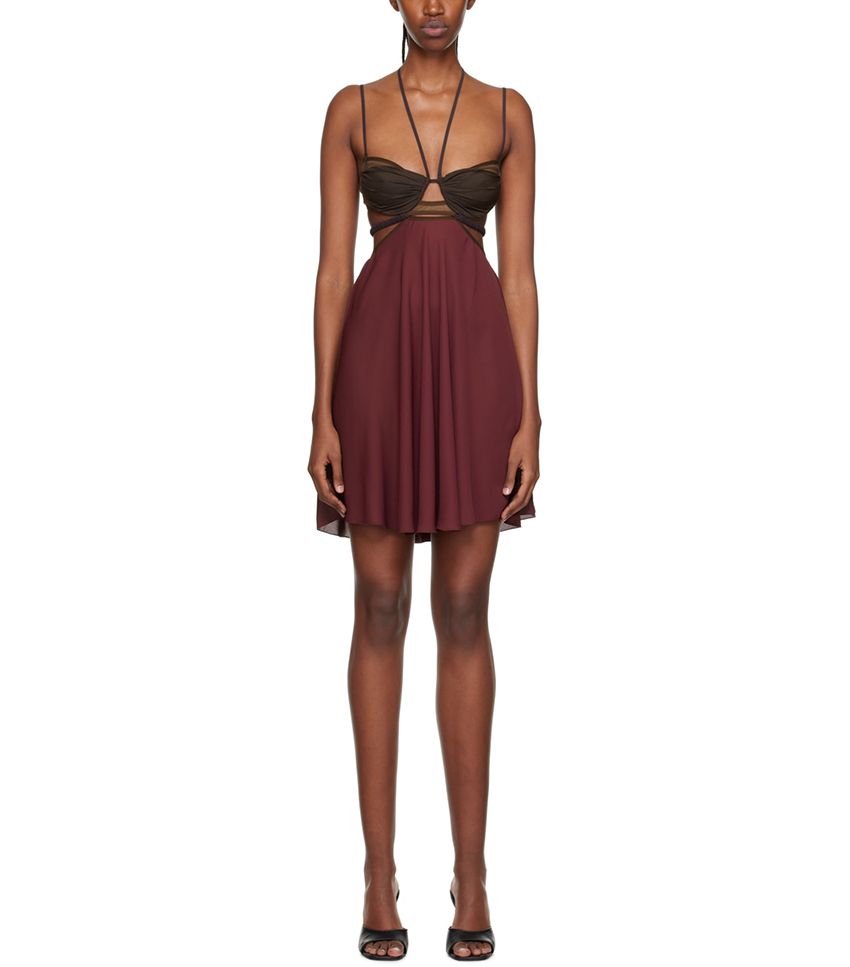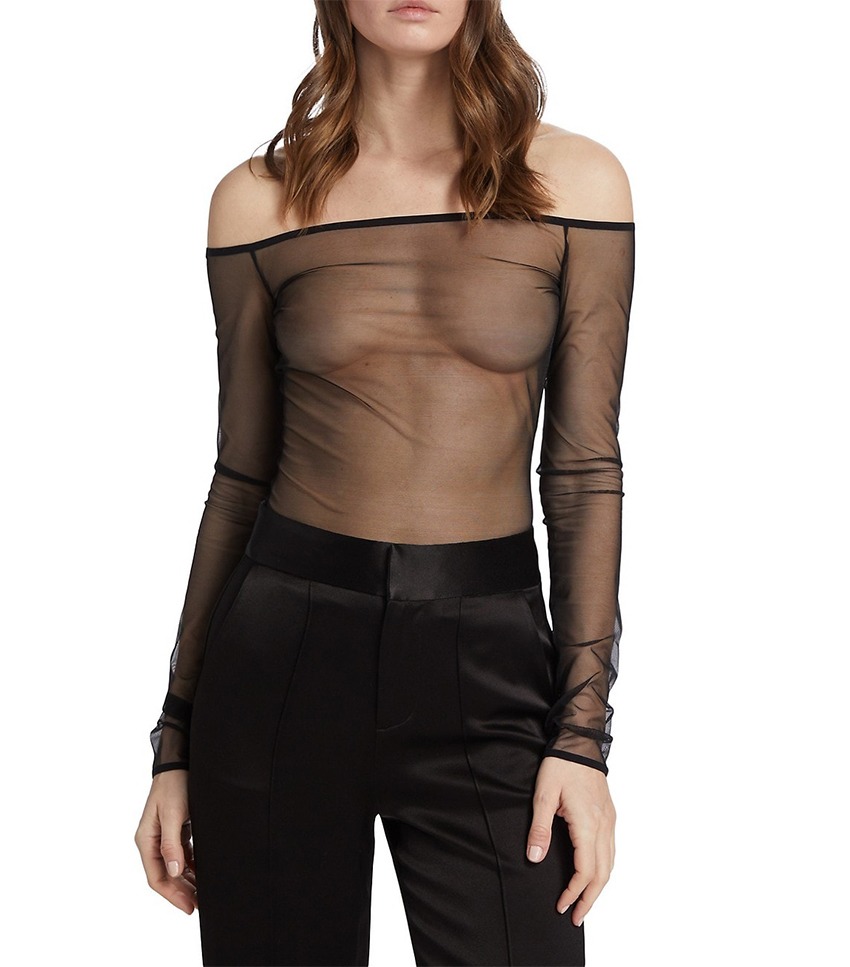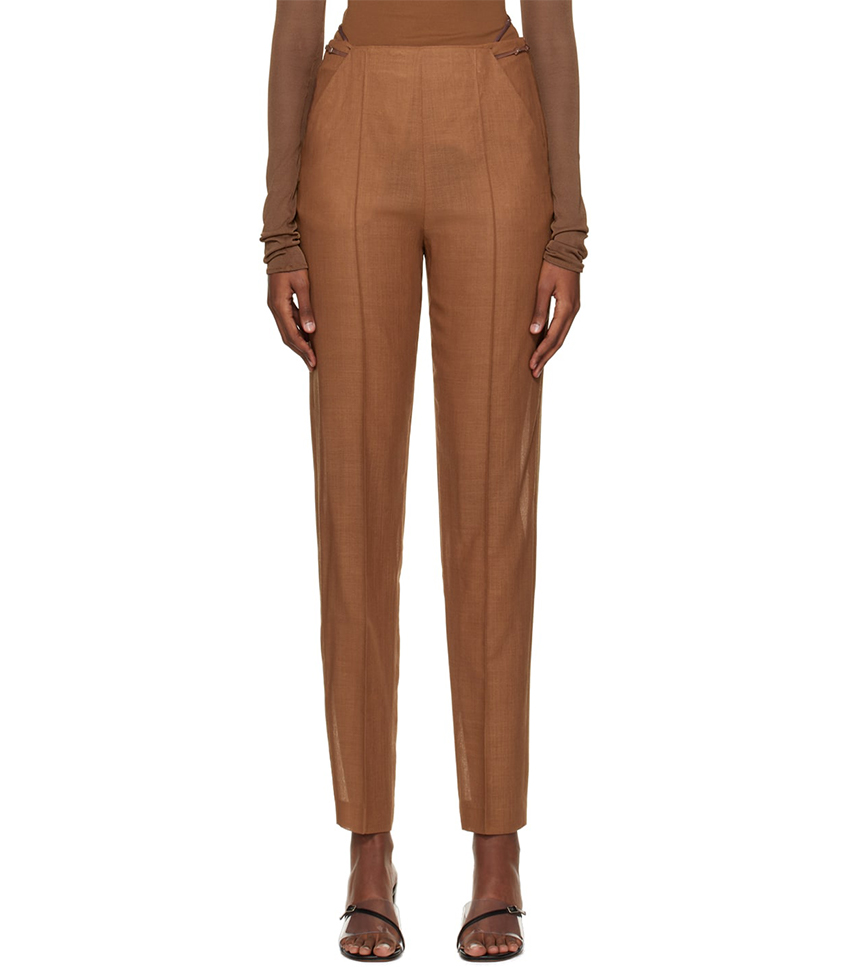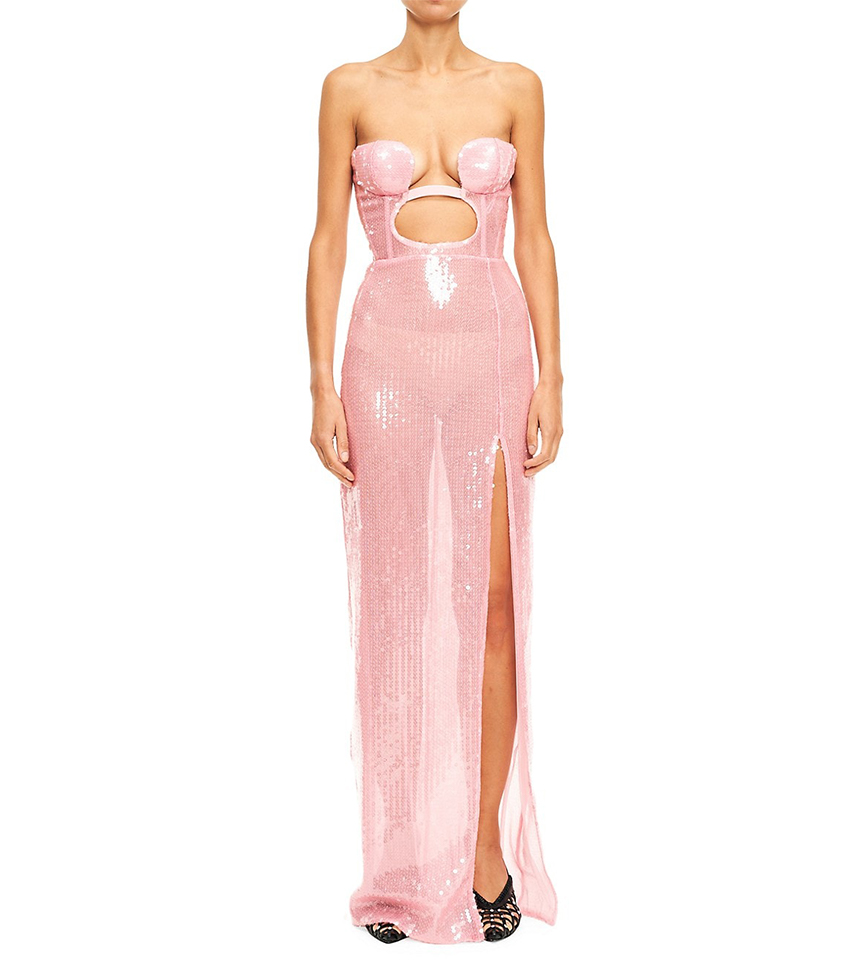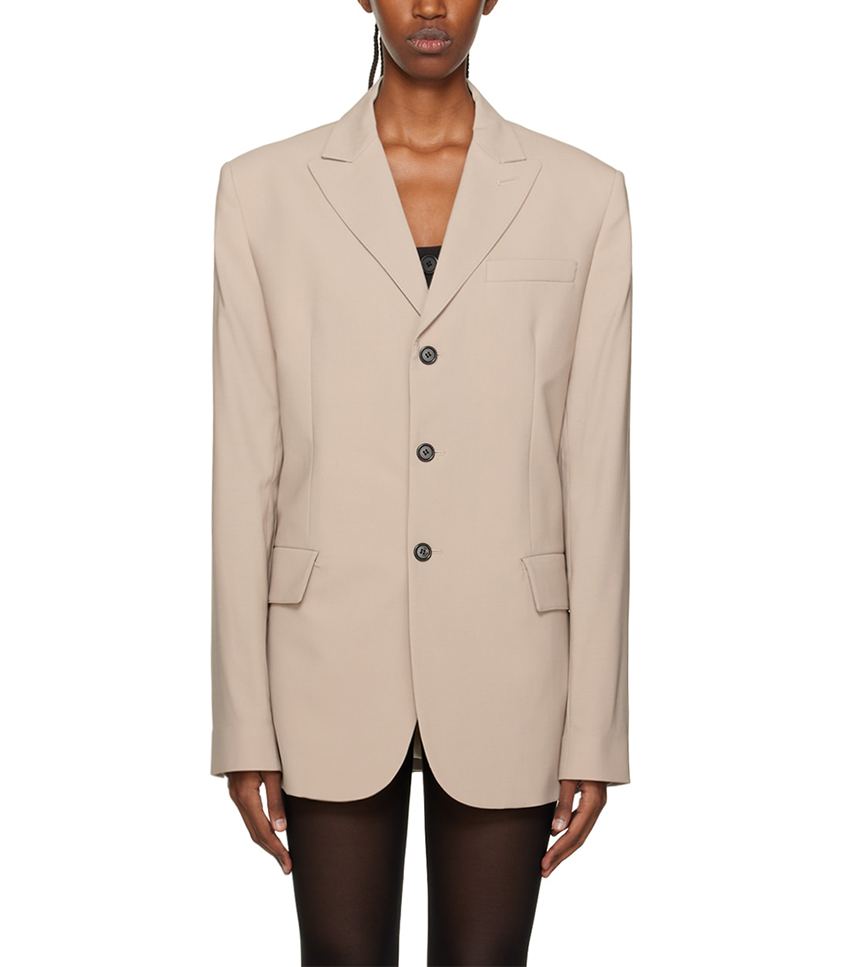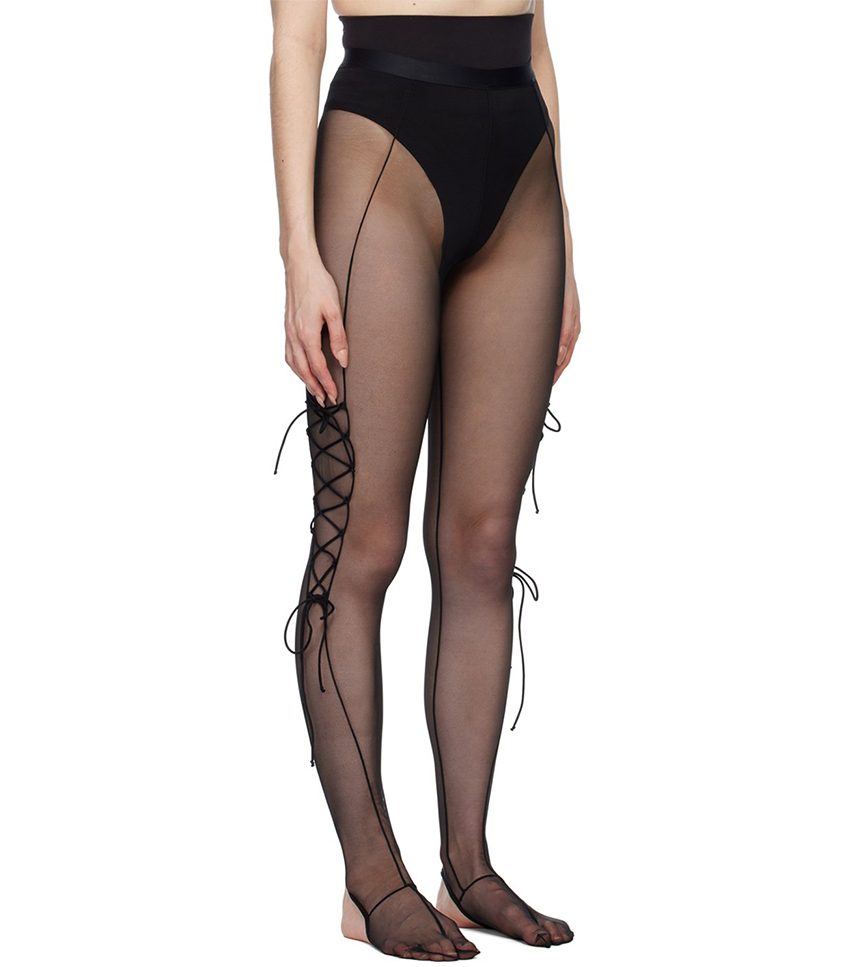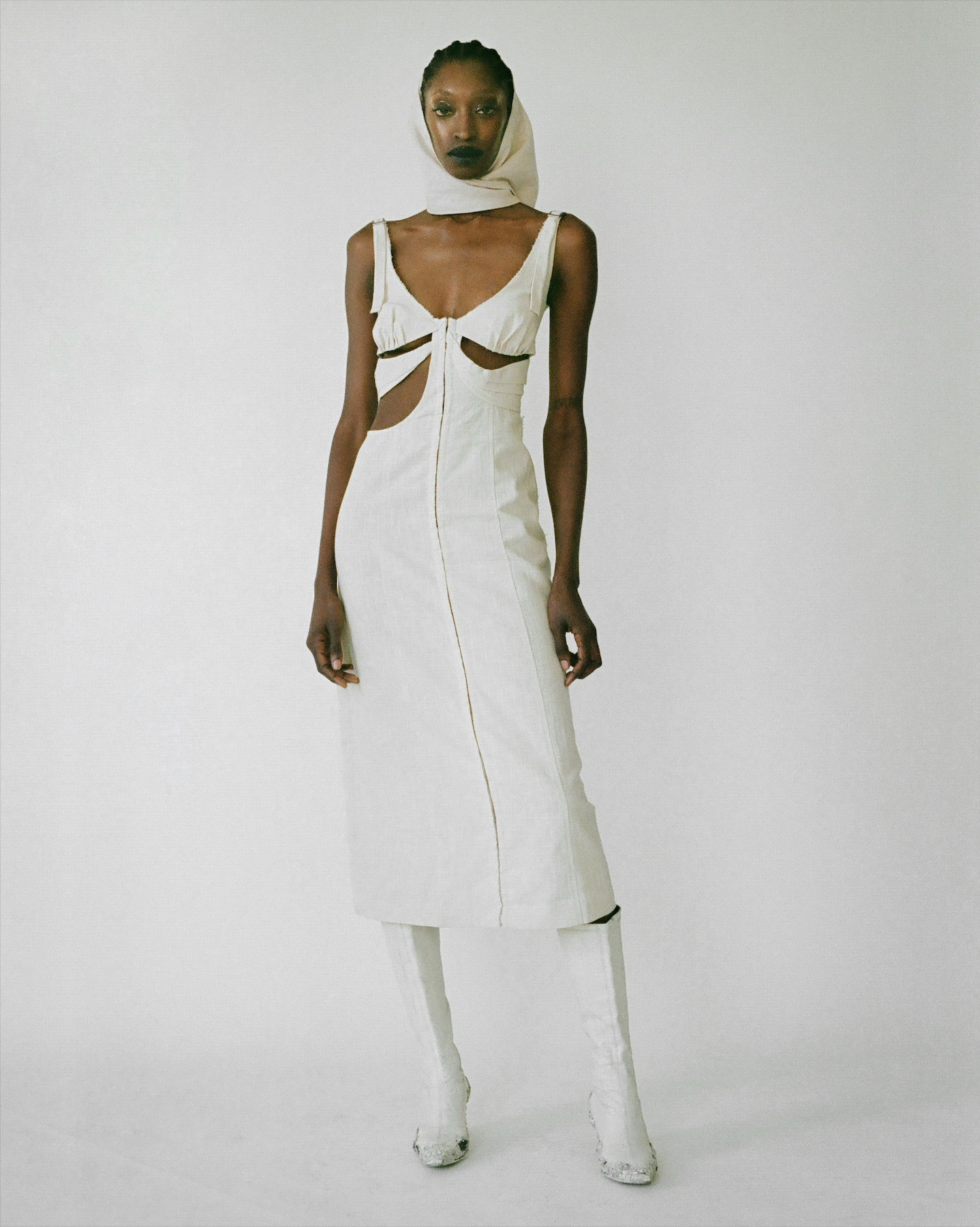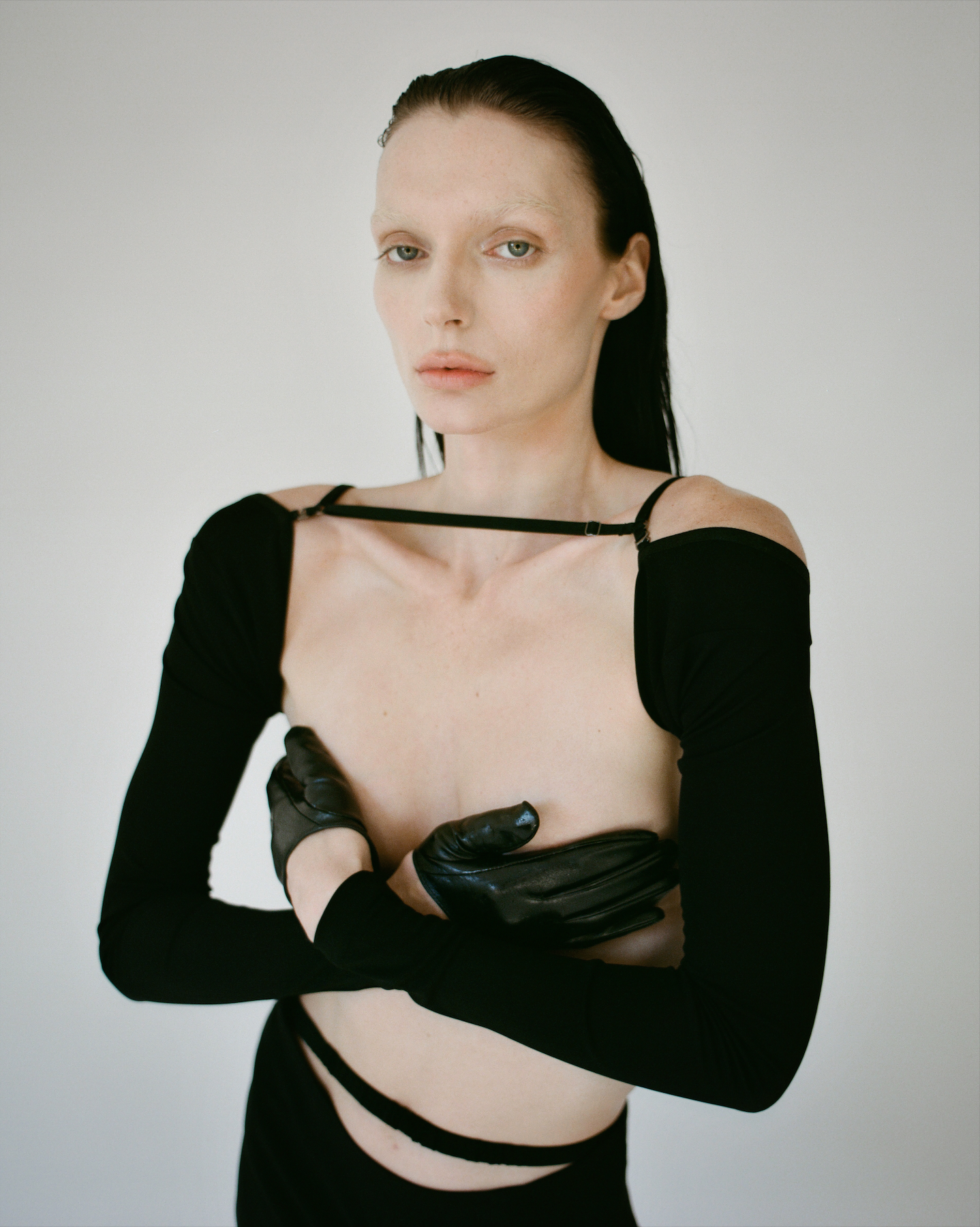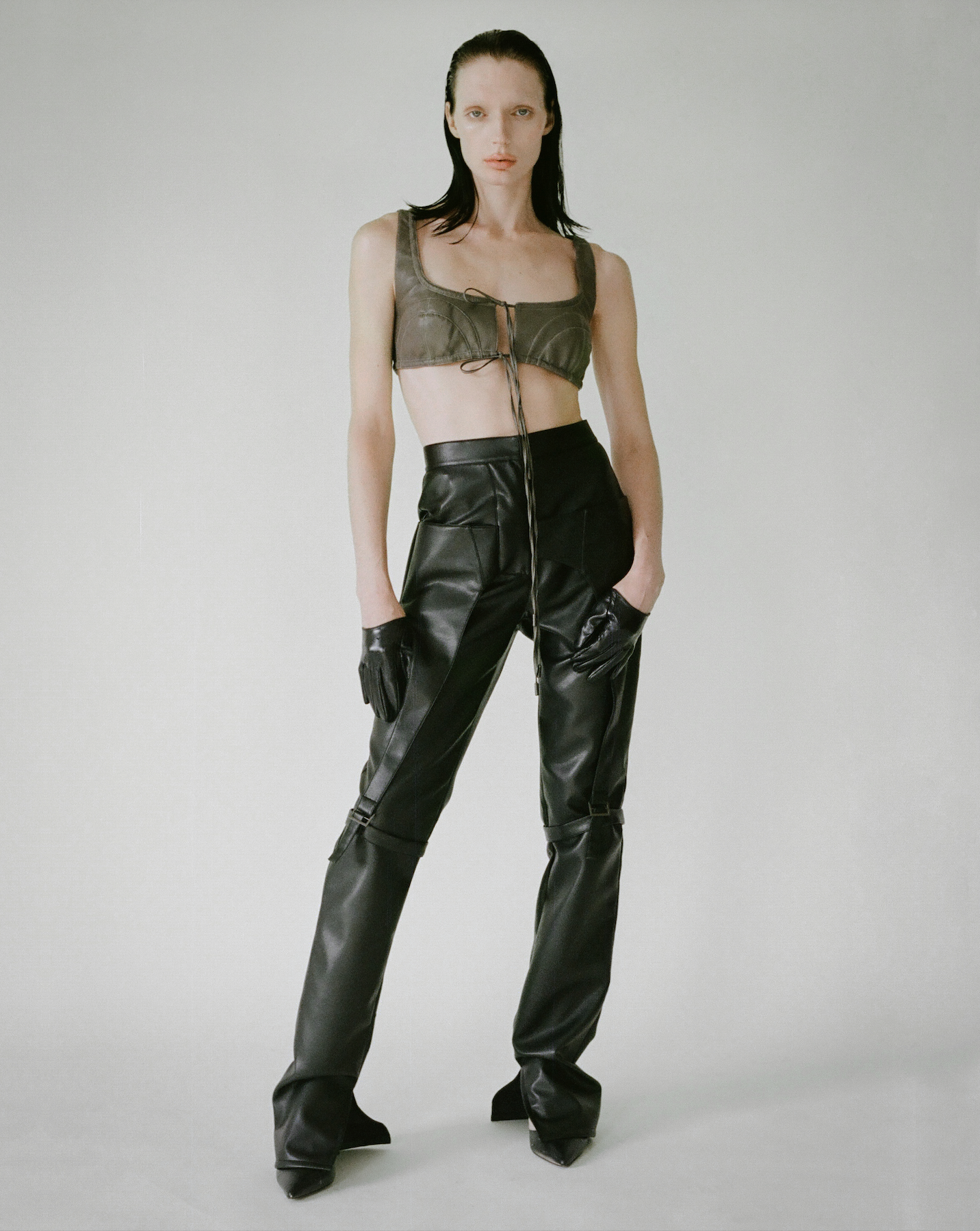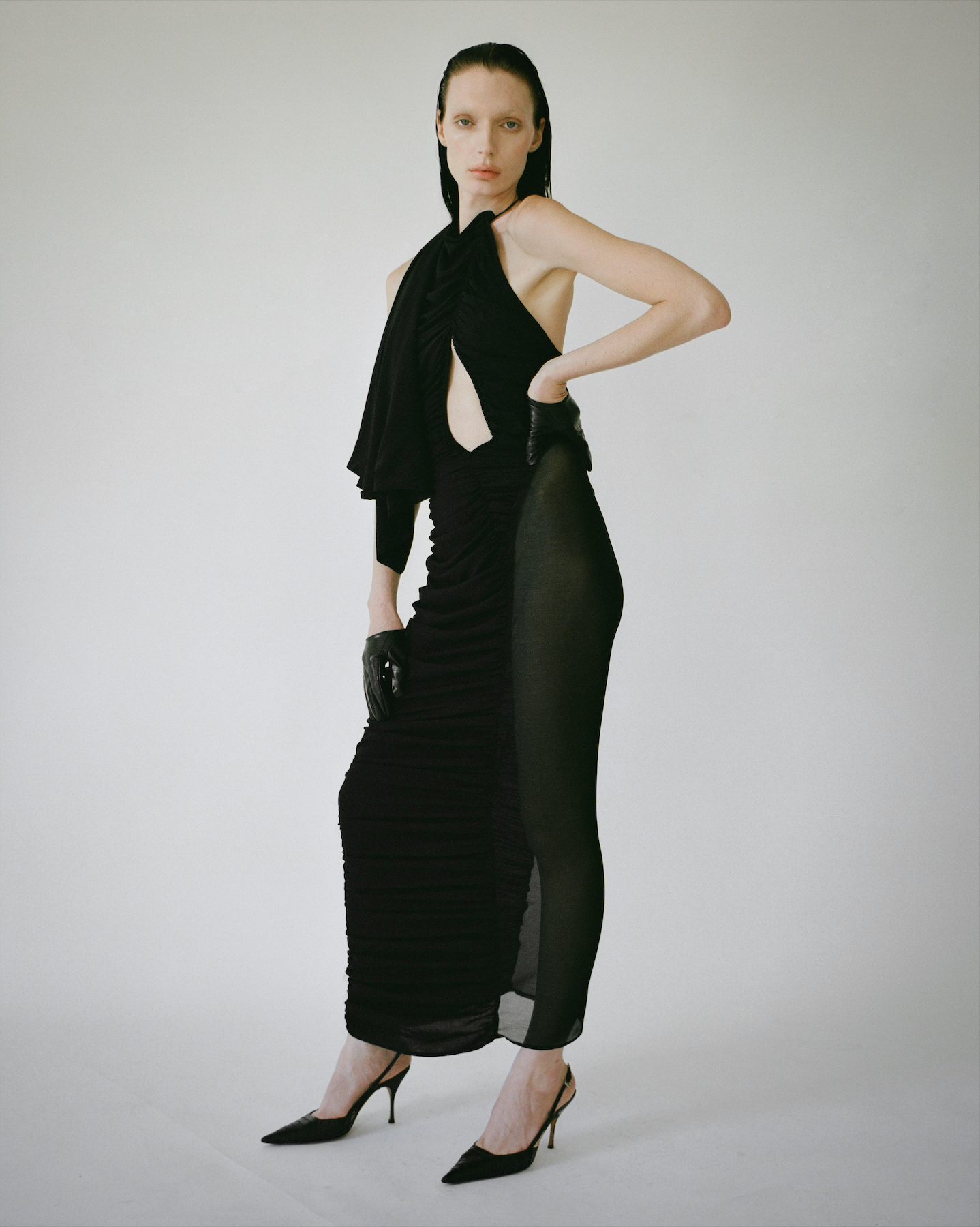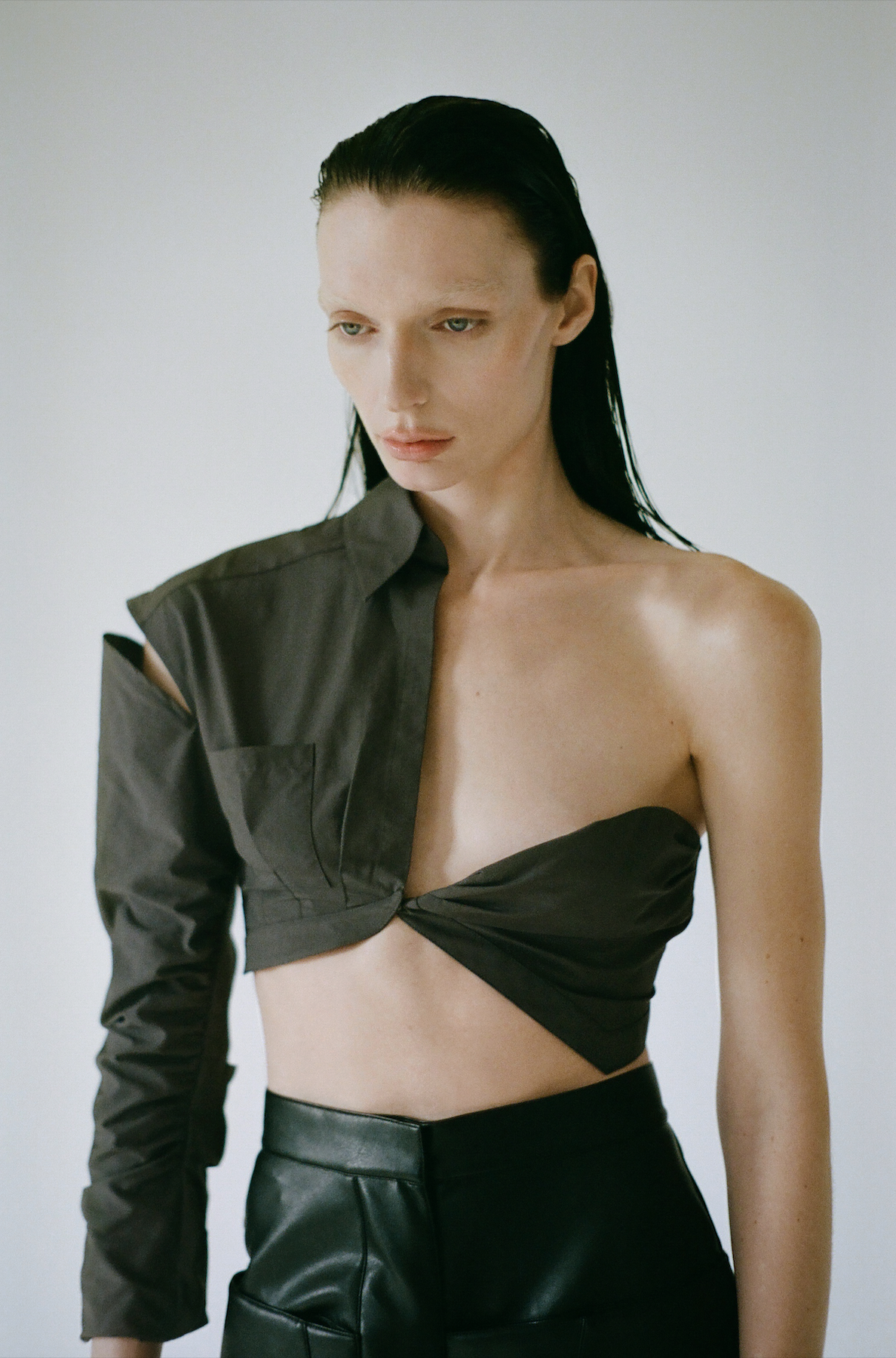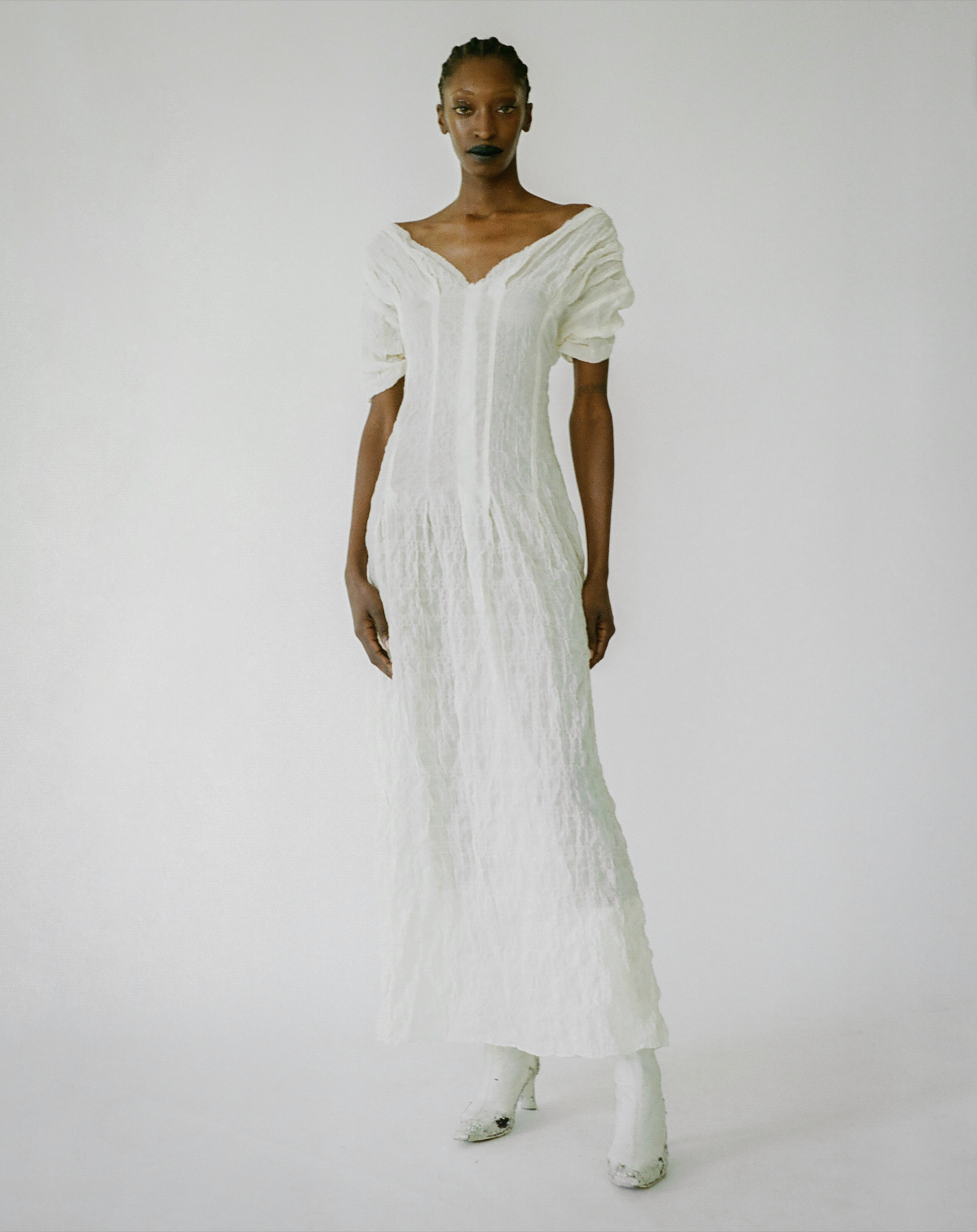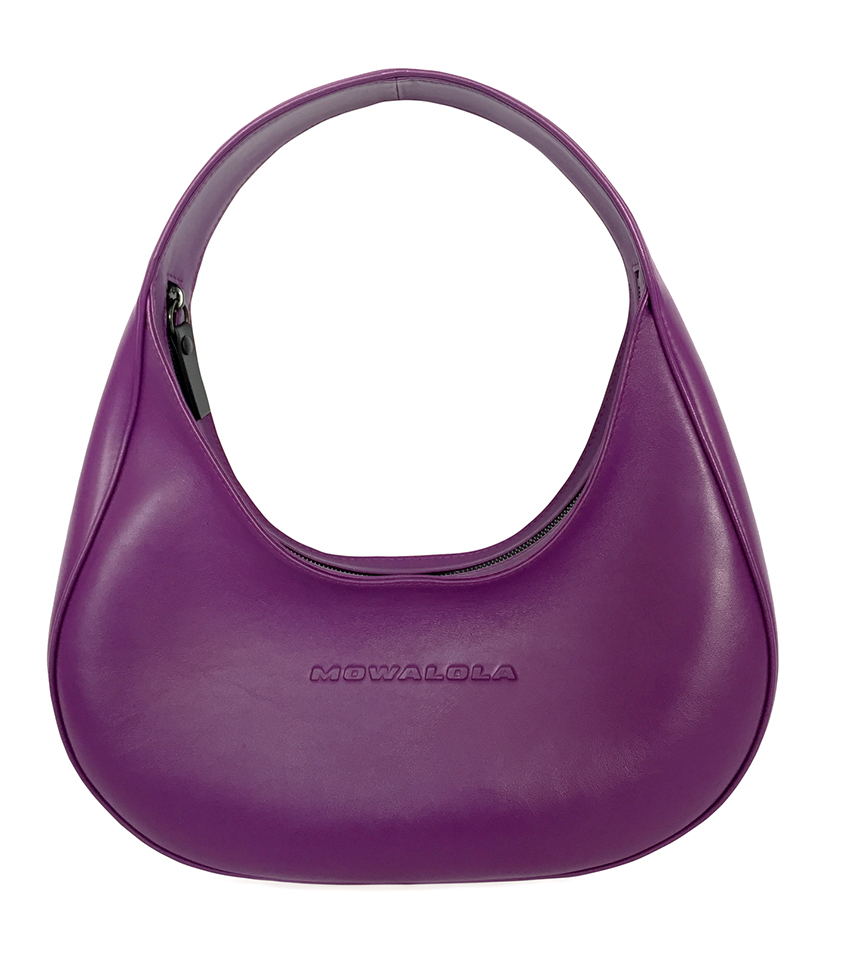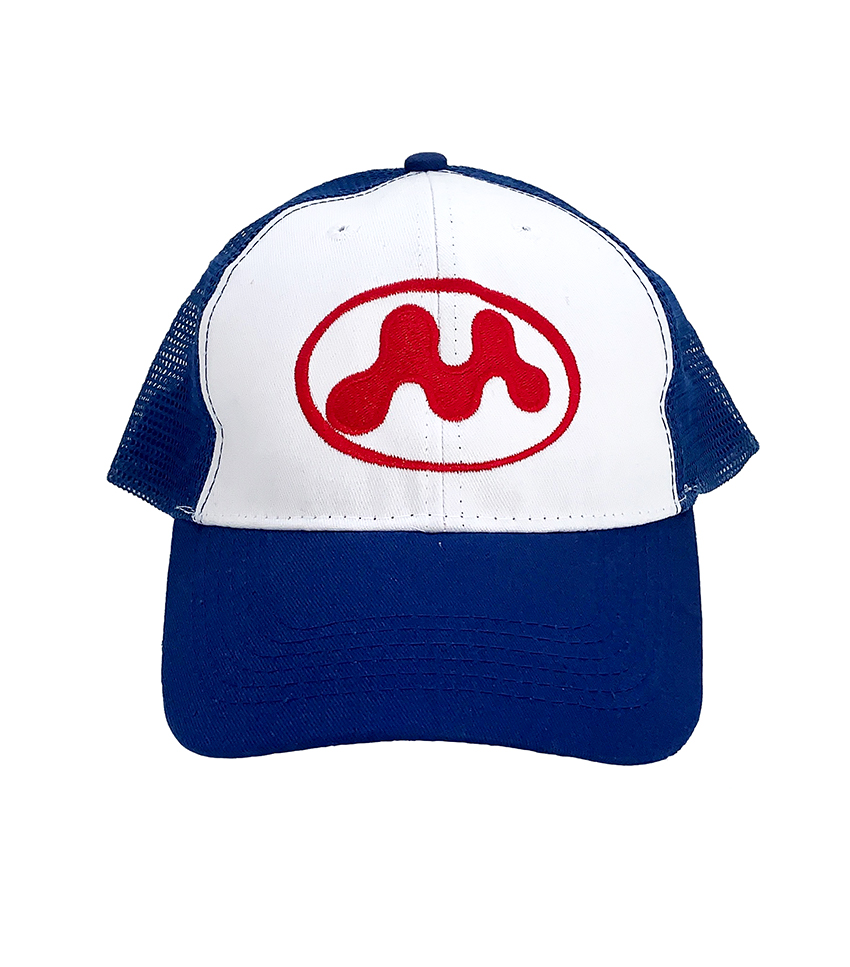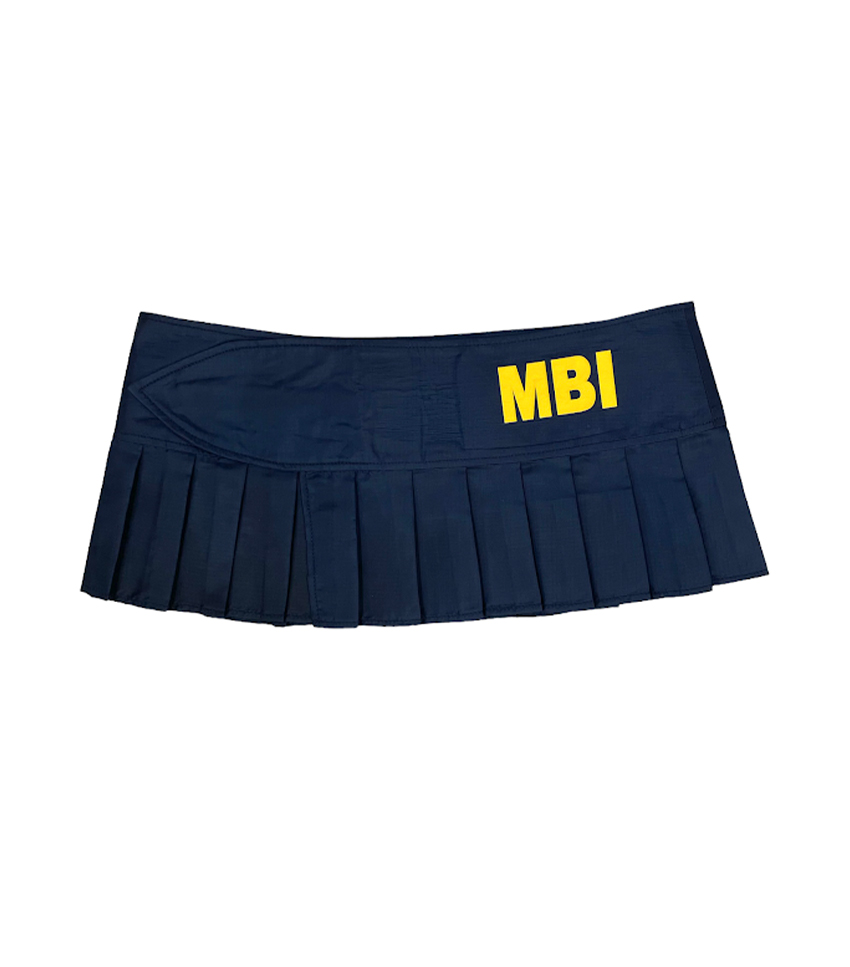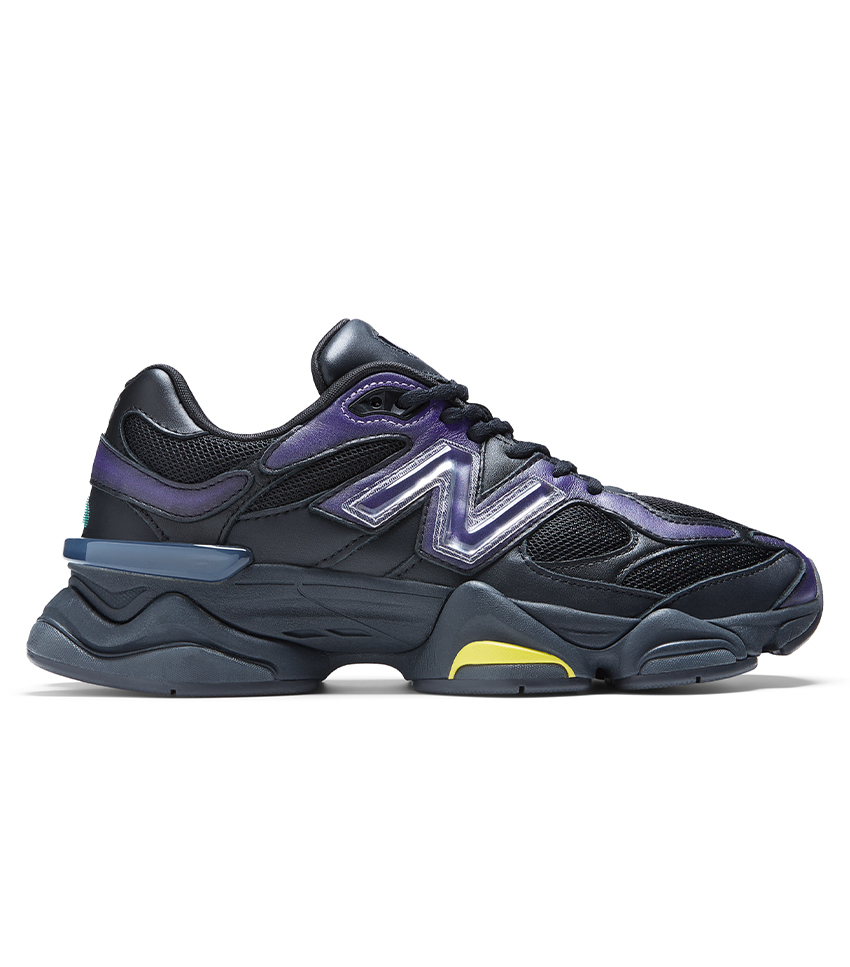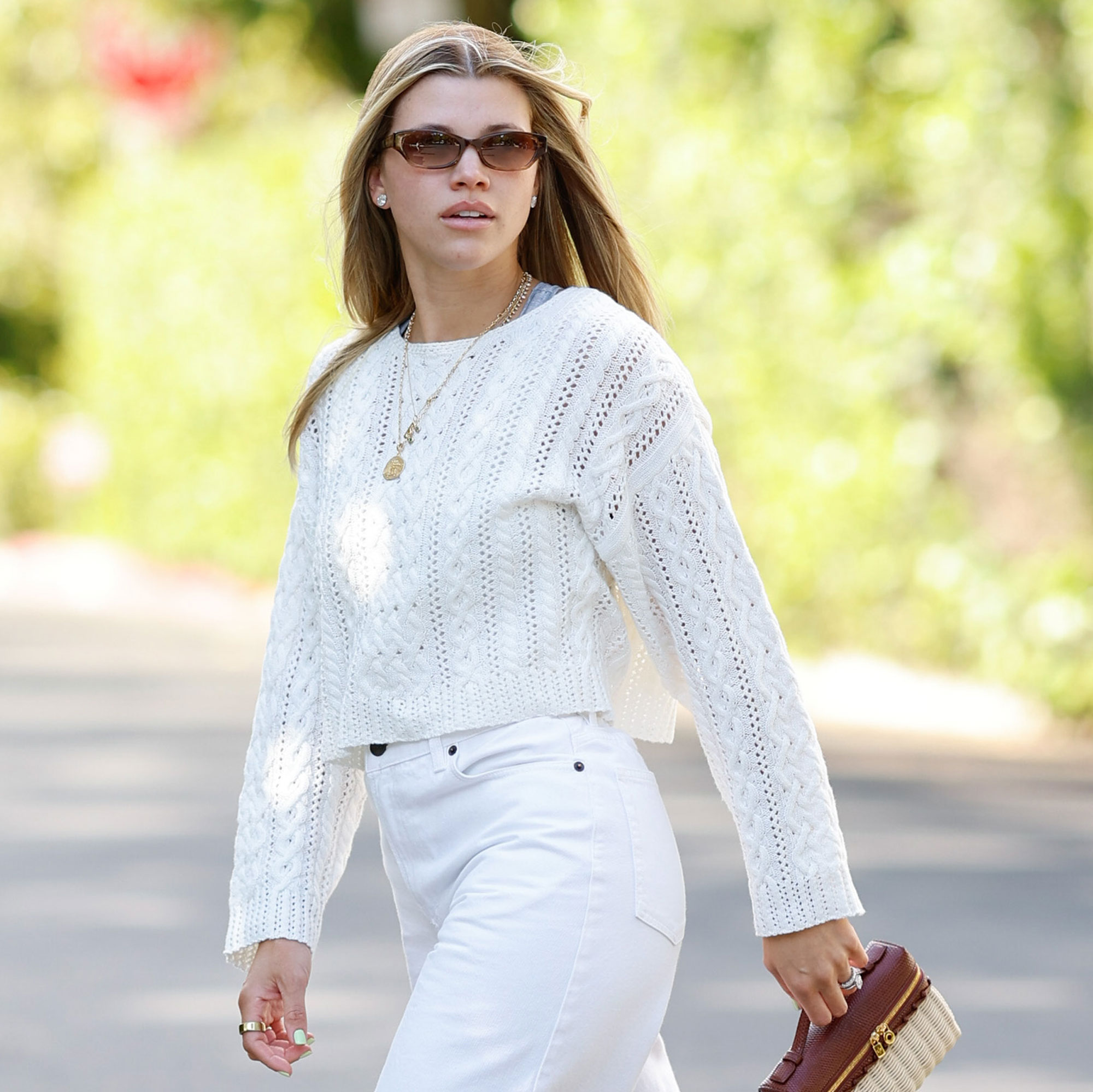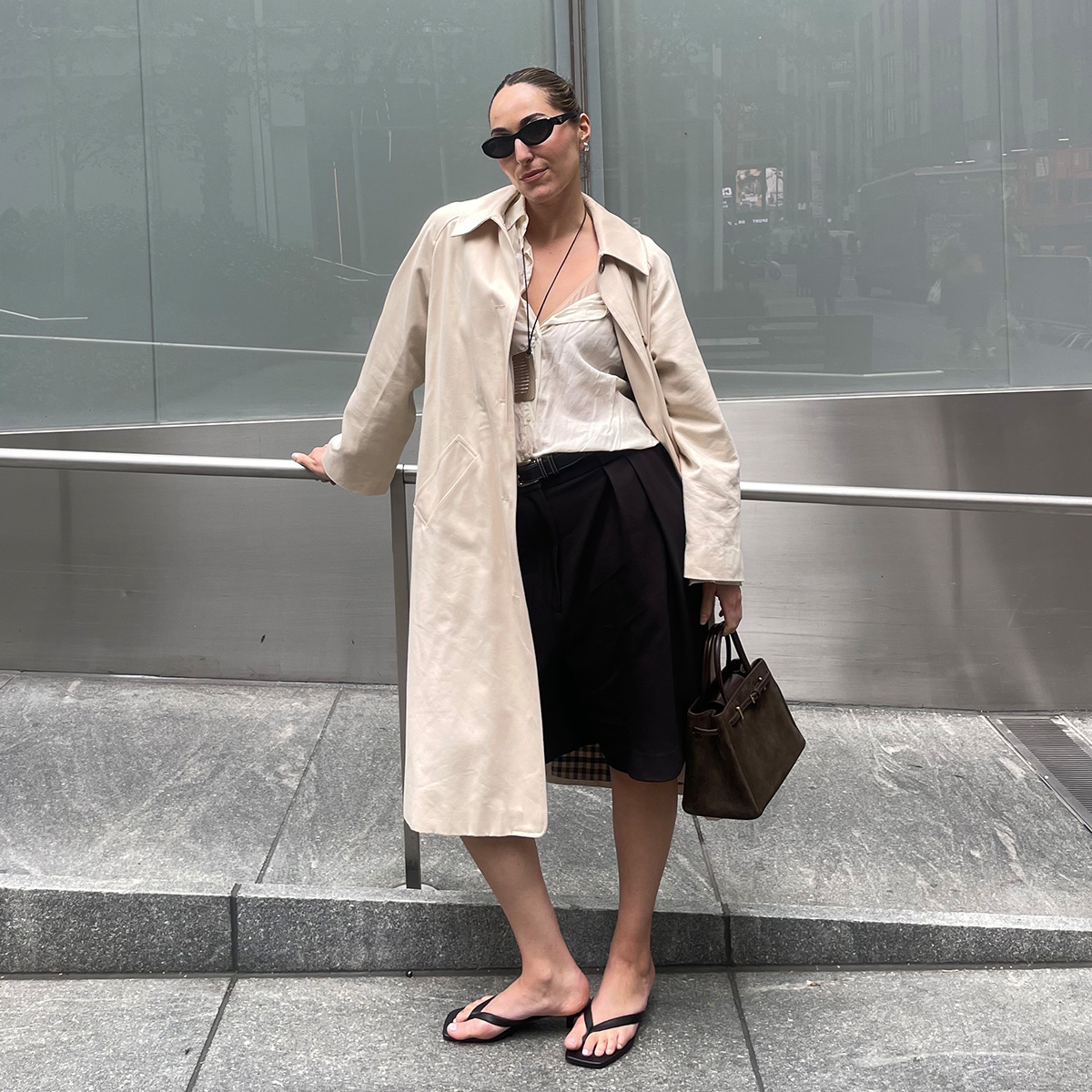The New Wave: 5 Female Fashion Designers to Know
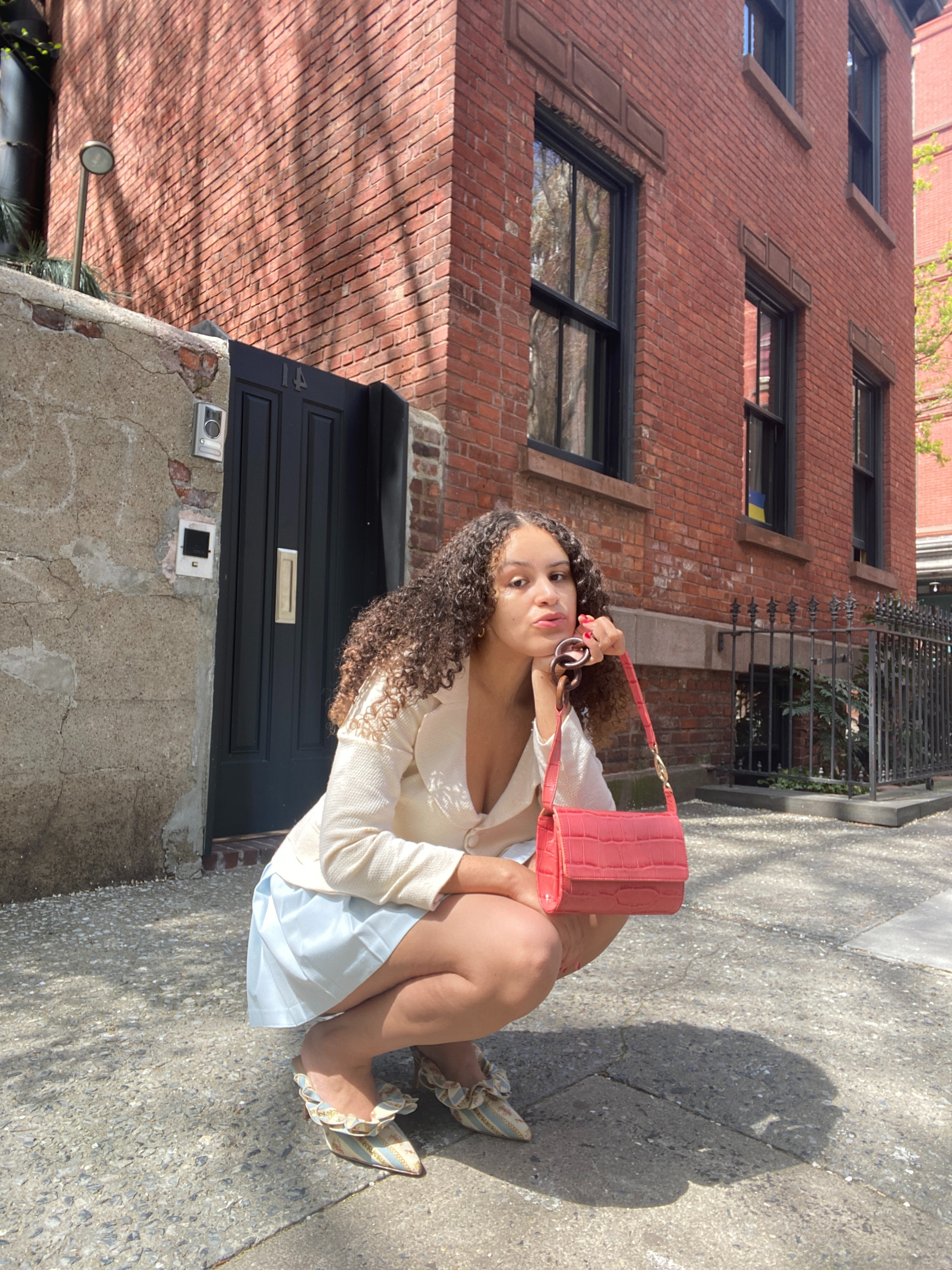
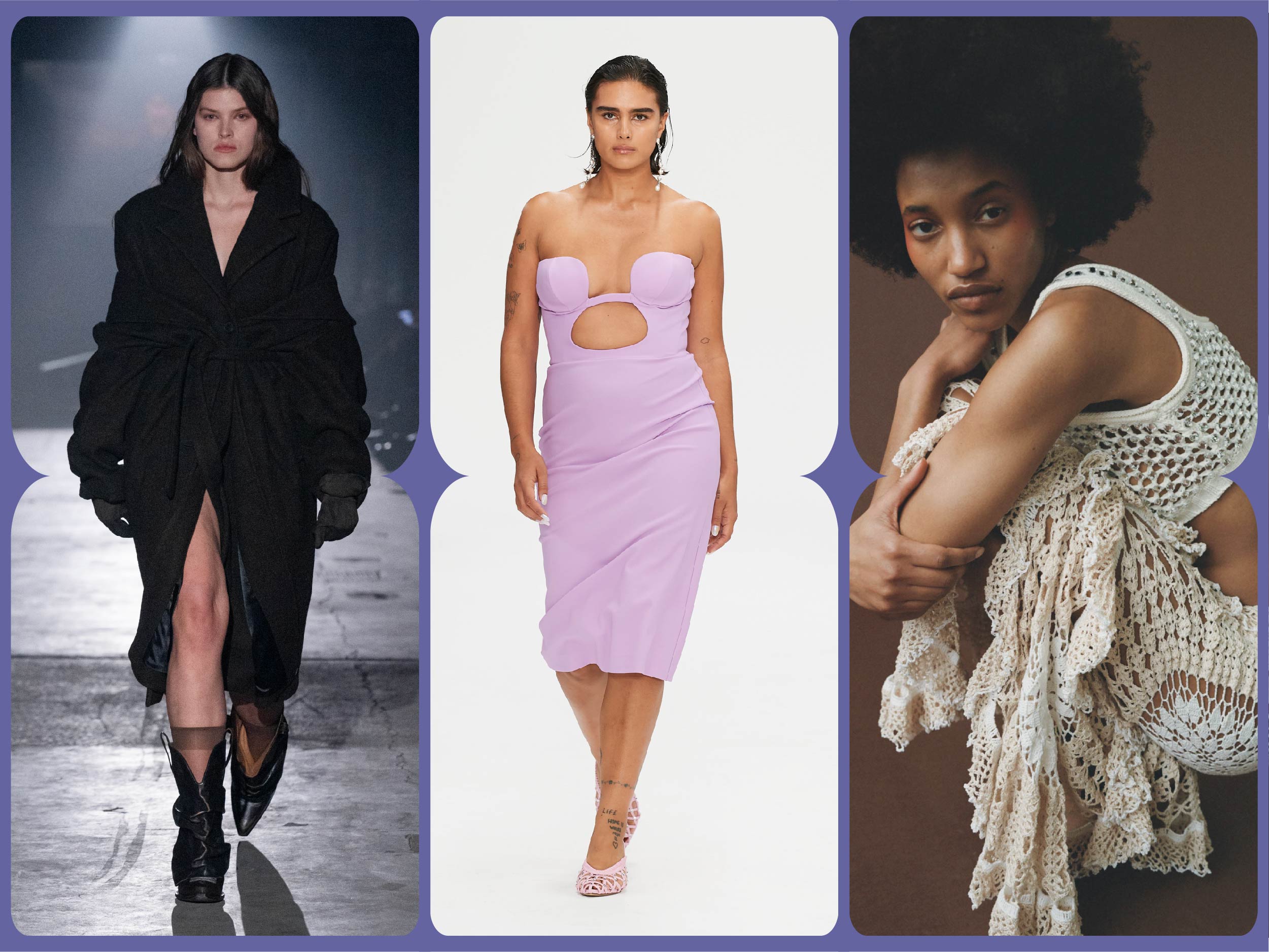
Historians, activists, and even fashion designers know one truth: movements come in waves. Much like a tidal wave breaking back and forth, we can see massive surges in the more "superficial" things (e.g., fashion trends) and the larger political movements tied to fighting for marginalized communities. And while fashion is in no way as serious of a matter as that of the continued infringement of rights that women face today, to dismiss its role in culture would be a disservice to the history books.
Fashion may seem frivolous, but its impact can be best distilled by one famous slogan from the second wave of feminism; "the personal is political." It's a phrase that feels more relevant than ever as we've seen the reversal of Roe V. Wade and the stripping of people's bodily autonomy across the country. For marginalized communities, the personal (even through the lens of style) has always played a pivotal role in subverting oppression. You can pull all plenty of recipes to show how style has played a role in dissent—e.g., the civil rights or the voting rights movement. But for the sake of time, the general point is that clothing has always been political for marginalized communities.
And that stark truth makes it evermore imperative to shop consciously and support designers that are pushing boundaries. There's been a tidal wave of new designers whose work is changing the industry, but we're most interested in the women leading the charge. In honor of Women's History Month, we're highlighting five female fashion designers who founded their labels in the past six years. Their work is a reminder that fashion is a powerful tool for protest.
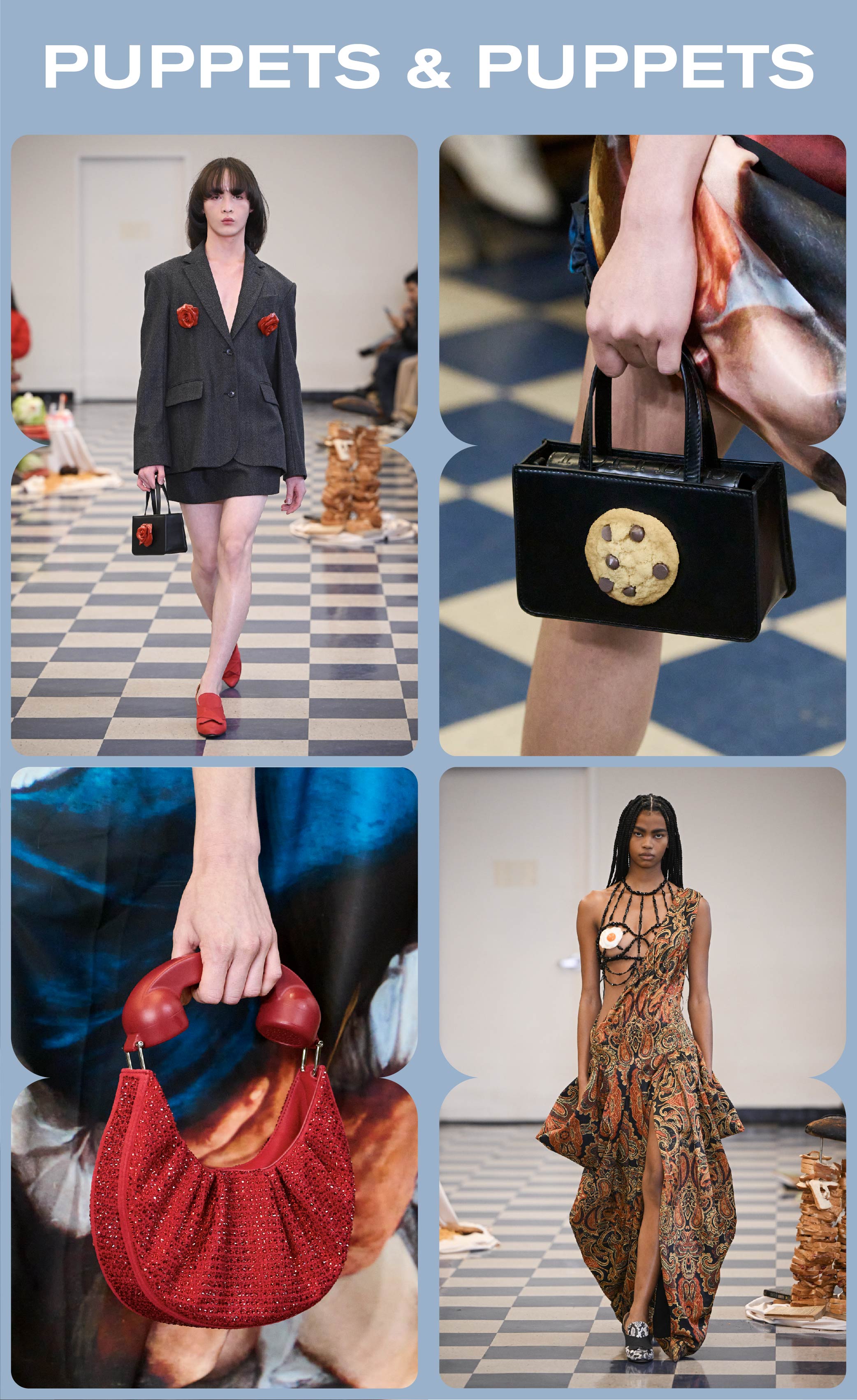
The beauty of art and fashion is that they've always played a pivotal role in spotlighting (and sometimes poking fun at) society's larger shortcomings. That's something that the former artist turned fashion designer, Carly Mark, fully comprehends and puts on full display through her label, Puppets and Puppets. Since the Detroit-born creative launched the womenswear label in 2018, it has taken the industry by storm thanks to its tongue-in-cheek approach to fashion. That perspective is most pronounced through the brand's buzzy handbags—simple handbags are adorned with sculpture-like resin objects that resemble eggs, bananas, and even brownies.
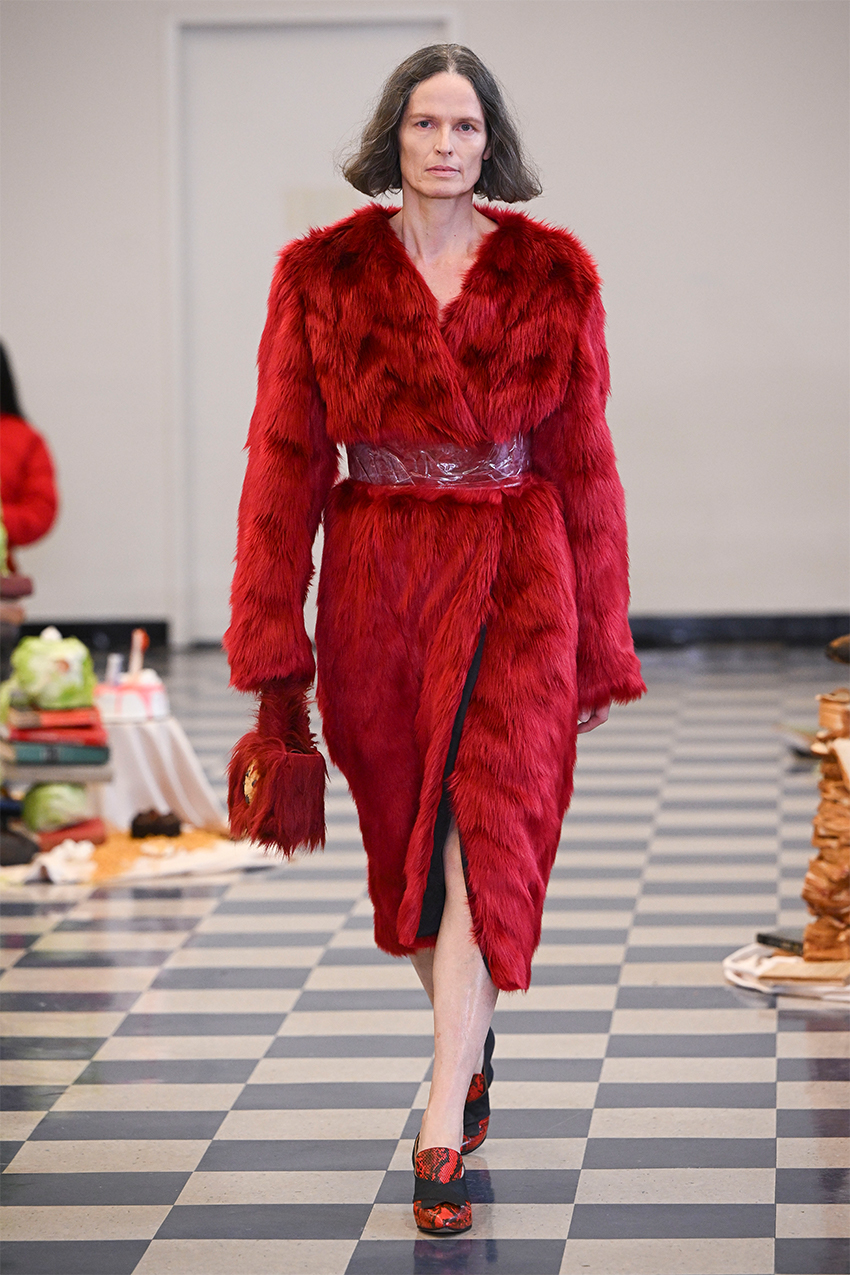
While one may argue that a bag adorned with a life-like cookie is the visual embodiment of frivolity, this artist uses her work to add humor to reflect the absurdities of notoriously serious subjects. Take, for example, her most recent F/W 23 collection, which drew inspiration from the horror film Dead Ringers which follows two male gynecologists that use their power to manipulate women and eventually fall into a state of mental deterioration because of it. The subject alone is an artistic statement (considering the state of women's reproductive healthcare today), but her design details are where you see her challenging norms.
You saw blood-red faux fur coats accentuated with packing tape, satin gowns adorned with a print from the painting, The Operation, and hobo bags with handles that mimicked a telephone. The result was a collection that pulled inspiration from dark subjects and transmuted it into clothing that can spark joy. If that's not art, I don't know what is.
Shop the brand:
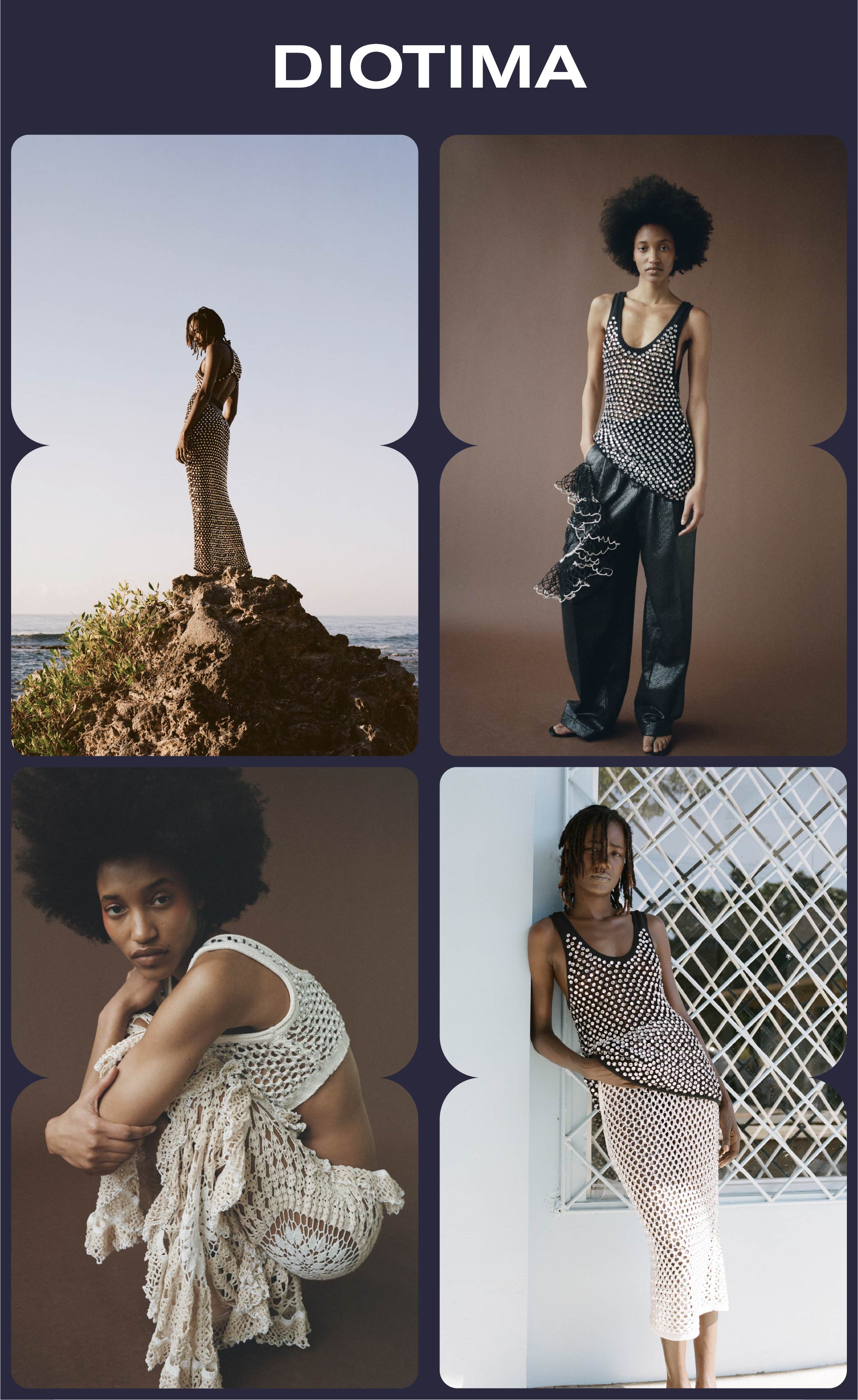
As much as modern society may try, identity does not exist within one box that can be checked off on the census; it exists on a spectrum. The flattening of identity impacts every community, but it's evermore apparent in the misconceptions surrounding Black Caribbean communities. Due to colonization, there's a built-in image of what Jamaica "looks like" right down to how they dress, but designer Rachel Scott hopes to change that through her brand, Diotima. With years of industry experience (including holding the position of vice president of design at Rachel Comey), she was primed to launch her label.
But the Kingston-born designer admitted to us at this year's Black in Fashion Council showroom that she didn't feel she had the space to bring her idea to fruition until the COVID-19 pandemic. That time away from the hustle and bustle of New York-City, gave her the space to realize that there was enough room for her vision of Caribbean style to exist alongside other brands. And while Scott may have initially been worried about how her interpretation of her heritage fit into the larger story of the diaspora, she's since been able to reflect the full tapestry of this community.
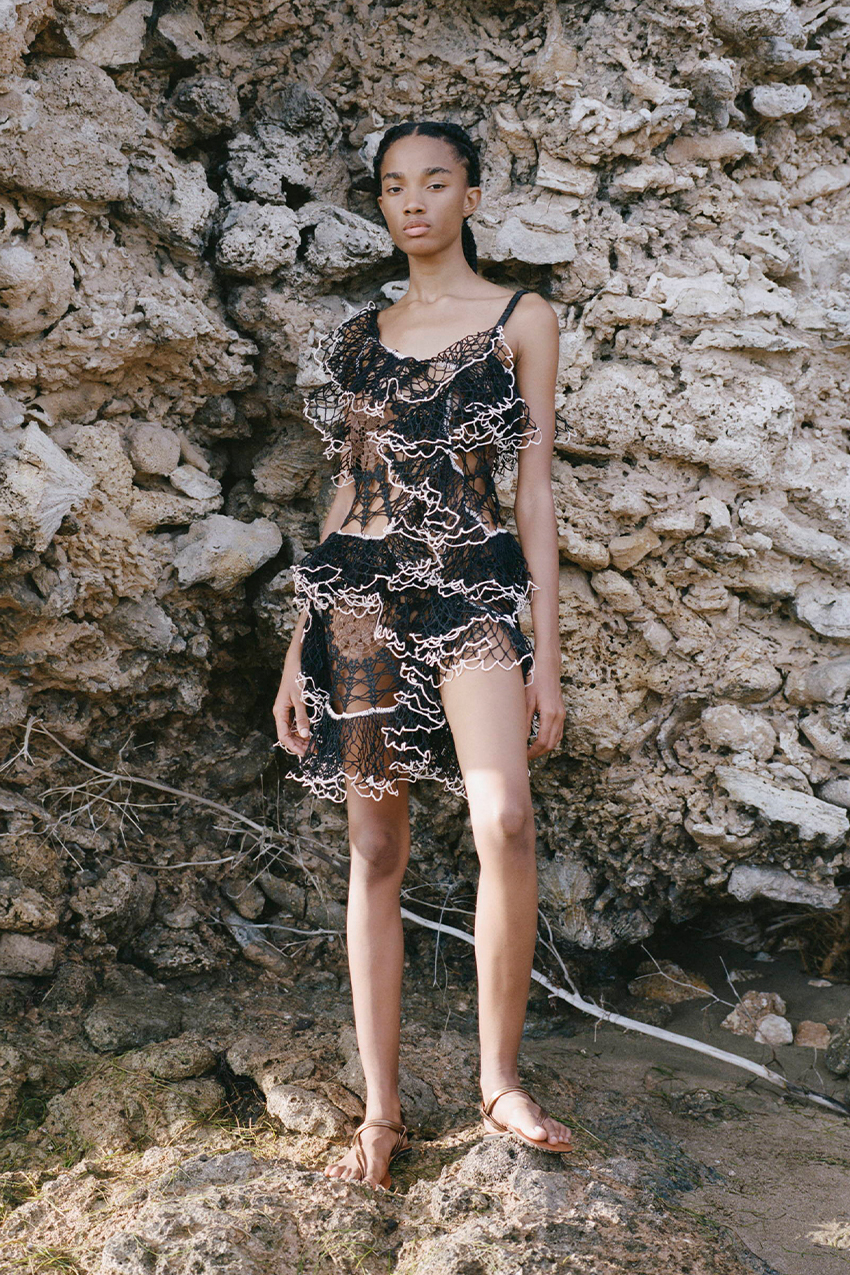
Scott's work has expanded the visual definition of Jamaican style through her signature melding of traditional artisanal techniques from Jamaica with European fabrications and silhouettes. For example, her S/S 23 collection featured a pair of white trousers with a hand-woven crochet insert that mimicked a doily. While her F/W 23 collection featured a knit-web crochet gown (see above). What's more, these pieces don't just reflect the culture but center craftsmanship, as each piece is made-to-order in Jamacia by women who have been in the industry for generations.
It's a brand that's not only combating the negative impacts of colonization—from helping support artisans to fighting myths. But Scott's work gives back the power of self-definition and determination to afro-Caribbeans, one crochet piece at a time.
Shop the brand:
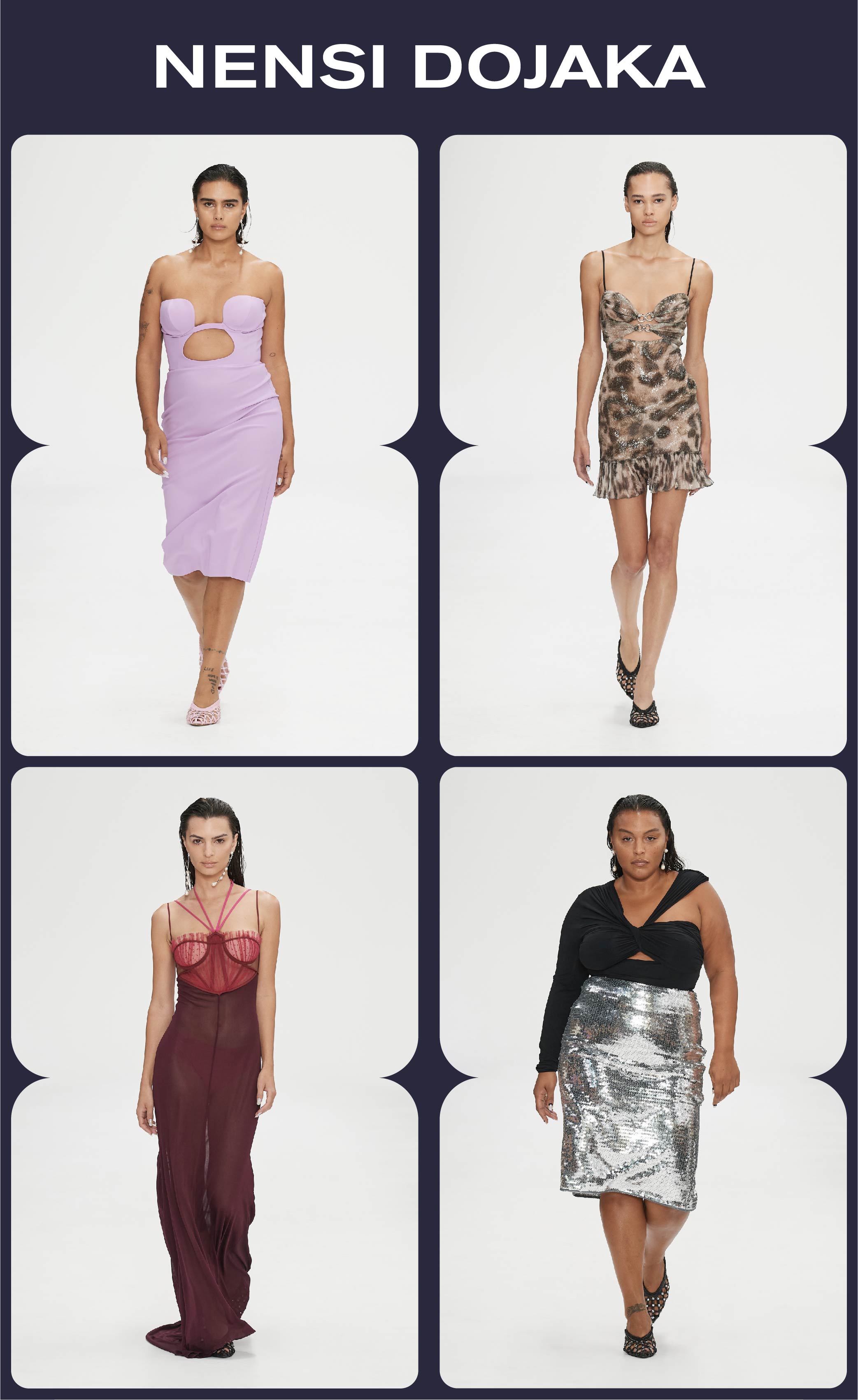
As aforementioned, fashion has always been a part of cultural shifts, and various feminist movements of different eras are not immune to this fact. Historically, there have been multiple trends larger societies would deem as "risqué" that marked shifts in how society views gender norms, attitudes toward sex and sexual education, and women's right to bodily autonomy. Take, for example, the rise of the mini skirt in the '60s, which was popularized at the same time as birth control was legalized. While plenty of historical examples show the intersection of style and social movements, there's an even more recent trend to contend with: the rise of lingerie-inspired clothing.
Contrary to the popular myth, feminists aren't burning their undergarments; they're wearing them to challenge ideas around sexuality. And this idea is most pronounced in the work of one singular designer: Nensi Dojaka. The Albanian-born designer founded her namesake label in 2017 after graduating from Central Saint Martins, where she studied the underpinnings of what constitutes excellent lingerie for years. That accumulation of knowledge paid off because, in the short span of six years, the designer has managed to build a cult following and attain accolades, including winning LVMH's Emerging Talent Award and British Fashion Council's Fashion Award.
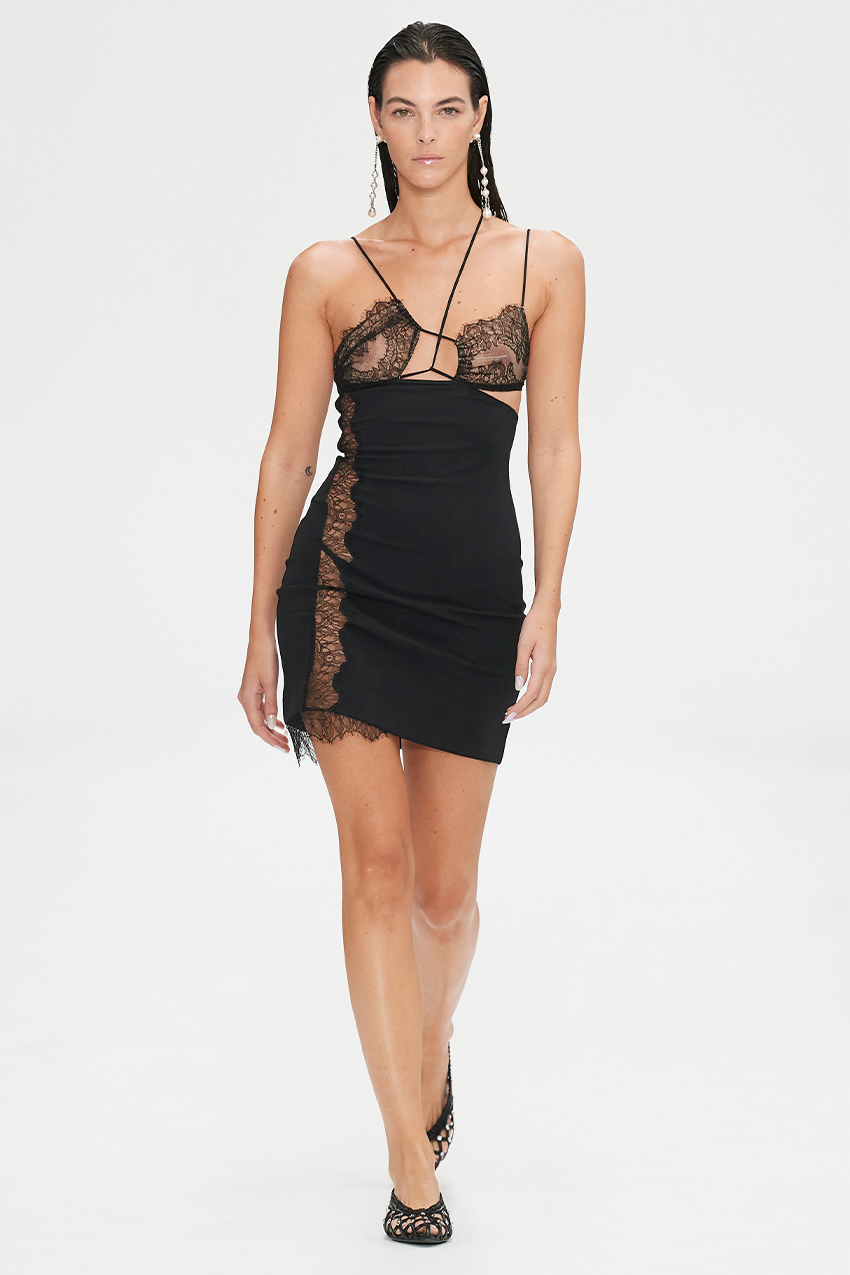
But what makes Dojaka's work revolutionary isn't the buzz (though having fans like Bella Hadia helps); it all goes back to the garments. While her brand has been around longer than others in this story and has attained a high status in the industry, its founding marks a pivotal time in fashion and culture. One could argue that Dojaka's sheer bodywear with exposéd seams not only ushered in the era of risqué trends but was in some way affixed to the culture's conversations around the #MeToo and TimesUp movement. For many, that time not only marked a rise in consciousness about consent, assault, and abuse of power. But it reminded many people that misogynistic viewpoints around clothing continue to play a role in victim-blaming.
In a time when people were arguing over if a mini-skirt meant you were "asking for it" (which, for the record, it never does), it was refreshing to have a designer dedicated to celebrating women's bodies. While time has passed since then, and Dojaka's work has been cemented into the zeitgeist, the thread throughout her work always goes back to empowering women to feel their sexiest. And in a way, with women still fighting for bodily autonomy, the simple act of choosing to slip into a sheer body-hugging dress from Dojaka is a small act of rebellion.
Shop the brand:
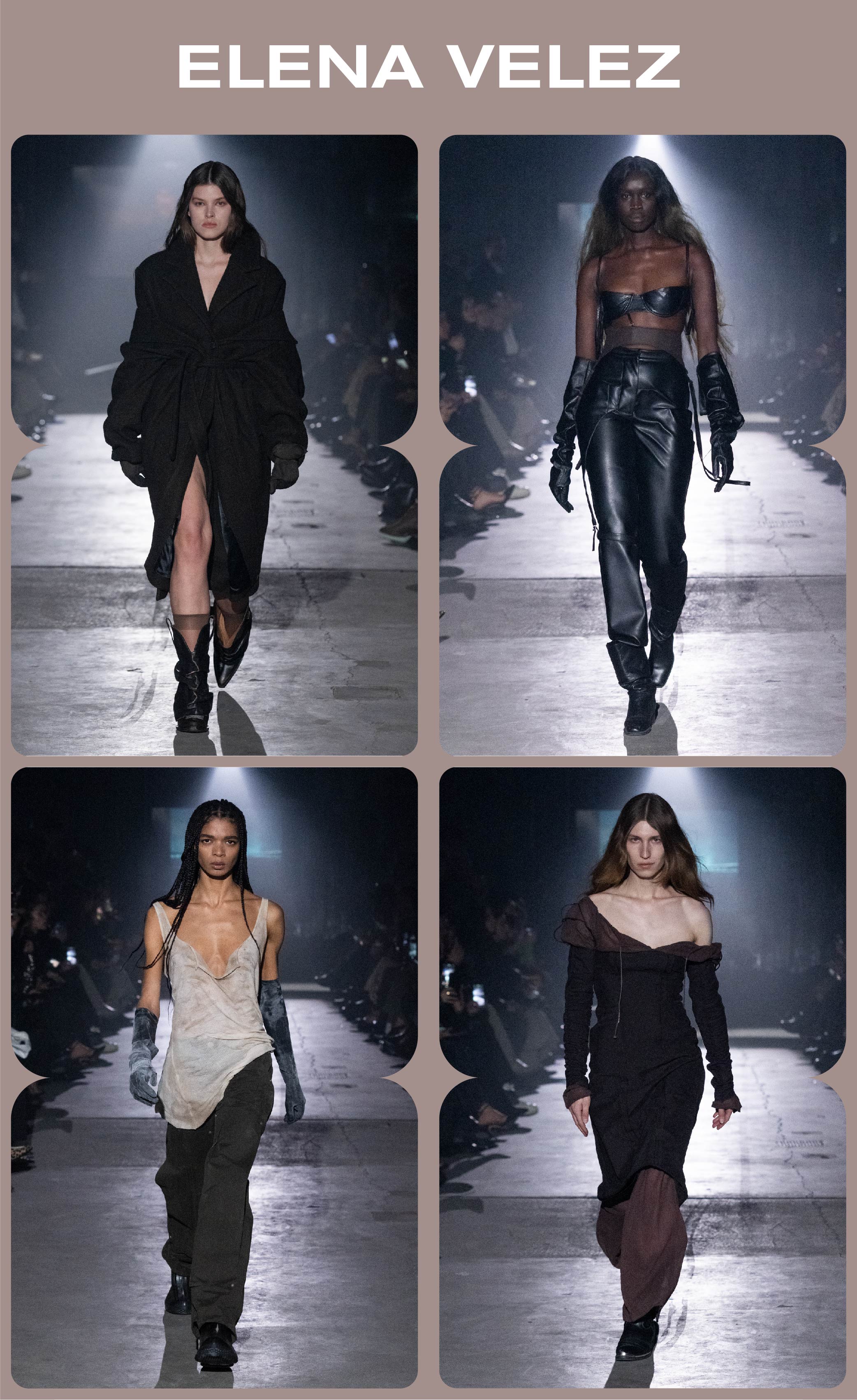
Inclusivity has not always been a defining factor of fashion—in fact, one could say that the industry has long operated on exclusion. After all, designers of color still struggle to break into the industry, class largely dictates if one has the financial means to stay in the industry, and brands still don't offer extended sizing. Add on top of that fact that talent struggles to cultivate larger audiences if they live outside the limits of major cities. But, despite the track record, a new generation of designers is aiming to redefine how we look at American fashion; Elena Velez is one of them.
The half-Puerto Rican designer was born in Milwaukee, Wisconsin, and grew up with a single mother. Despite not residing in a "cosmopolitan" area, she became infatuated with clothing and was eventually compelled to attend both Central Saint Martins and the Parsons School of Design. After graduating, the creative launched her namesake label with her initial showing at New York Fashion Week in 2021. Don't be fooled, though; Velez may show her work in the city, but it champions and draws inspiration from America's rust belt.
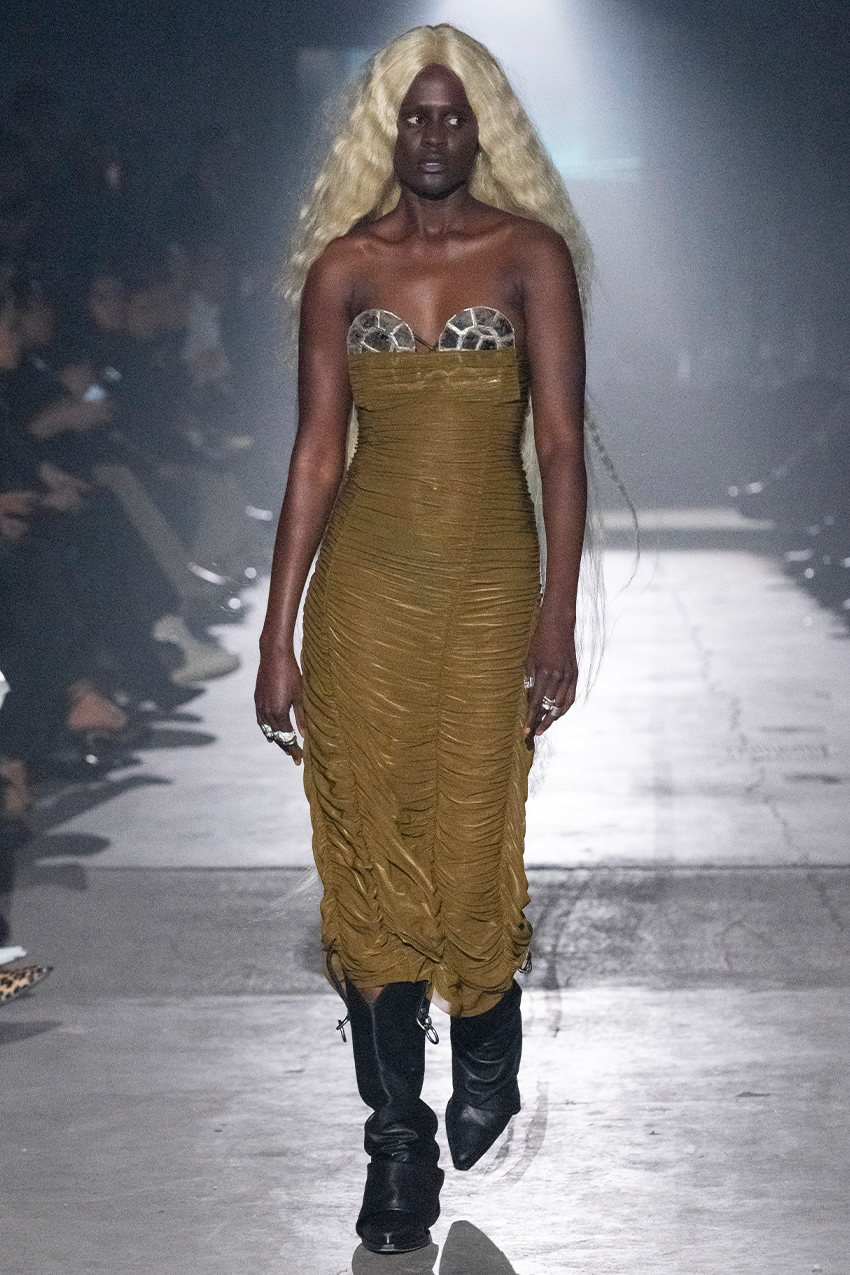
Witnessing her mother work as a ship caption with fellow blue-collar workers as a child is an experience that looms larger over Velez's work. Her pieces often feature materials that make an homage to that experience. For example, in her F/W 23 collection, she partnered with local metalsmiths to create a bra made from welded iron that subtly peeked out of a strapless green ruched dress (see above). Each collection doesn't just champion Milwaukee artisans, though; it offers a more extensive commentary on paradoxes in womanhood.
Her debut collection in F/W 21, for instance, was reported as being dedicated to exploring the idea of "tough feminity" and how the grit required for women to make it through the world is often in direct opposition to how we define feminity. Each collection since has not only challenged the misconceptions that surround both womanhood and the midwest but has been a reminder that great talent can come from anywhere.
Shop the brand:
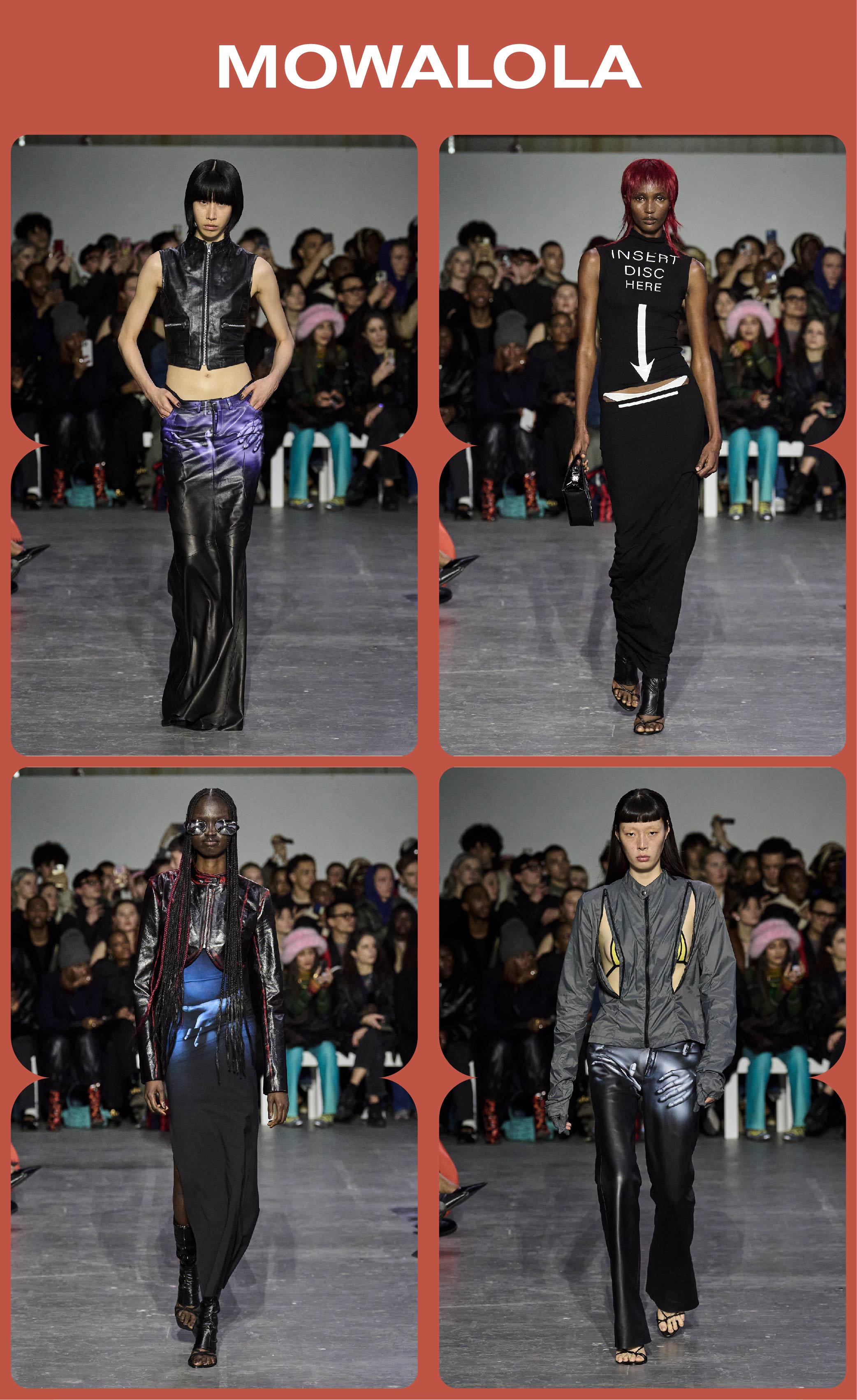
Mowalola Ogunlesi isn't keen on being put in a box, or at least that's what one can deduct after deep diving into the designer's career. The Nigerian creative first made her foray into fashion by attending (and dropping out of) Central Saint Martins. Though she's openly discussed how she disliked her experience there, she accredits the school with landing one of her most influential internships with Grace Wales Bonner. Cutting her teeth under the tutelage of one of our time's most revolutionary female designers inspired Ogunlesi to start her eponymous label, Mowalola, in 2017.
She debuted her first collection at London Fashion Week in 2018 with the philanthropic organization Fashion East. The non-profit is dedicated to fostering new talent and has some of the most esteemed veterans in the program, including Maximilian, Jonathan Anderson, Nensi Dojka, and Mowalola. While Ogunlesi stopped showing with Fashion East in 2020, that first collection (and the subsequent ones after that) cemented her as a rising star in the industry.
That newly attained star status was partly due to the celebrity set that quickly took to her work—fans include Kim Kardashian, Naomi Campbell, and Drake. Additionally, Ogunlesi landed some of the buzziest collaborations quickly (with Nike and Gap). But don't be fooled by the hype; at the end of the day, the fandom surrounding her work all goes back to her out-of-the-box approach to fashion.
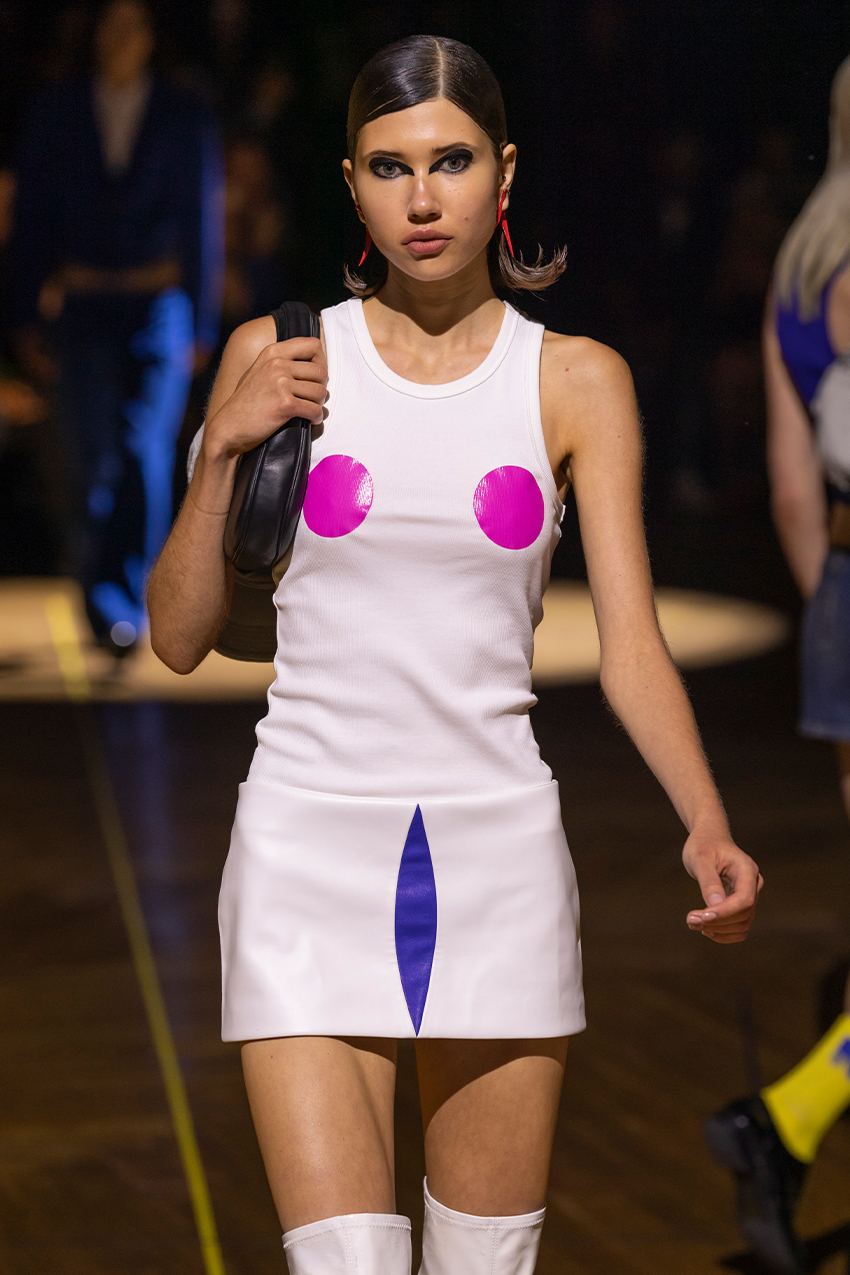
Unlike other designers who foray into womenswear or menswear out of the gate, Ogunlesi didn't choose. She doesn't put herself in a box, which is apparent through her championing genderless looks and the topics she chooses to explore in her work. For instance, her debut collection with Fashion East in '18 explored the influence of '70s rock Nigerian music. It featured men donning low-slung colorful leather pants with exposed chests and women in ultra-tailored leather jackets with matching micro-mini skirts.
More recently, Ogunlesi made her solo debut at Paris Fashion Week in S/S23 after a hiatus of three years. The collection explored the idea of every criminal and featured looks that made nods to priests, stock brokers, and even fictional film characters like Regina George from Mean Girls (see the look above). And even her F/W 23 collection had a larger meaning—it critiqued capitalism and its role in societal collapse. That criticism was apparent, though, how oversize hoodies had screen-printed trademark logos and were mud-splattered with mud.
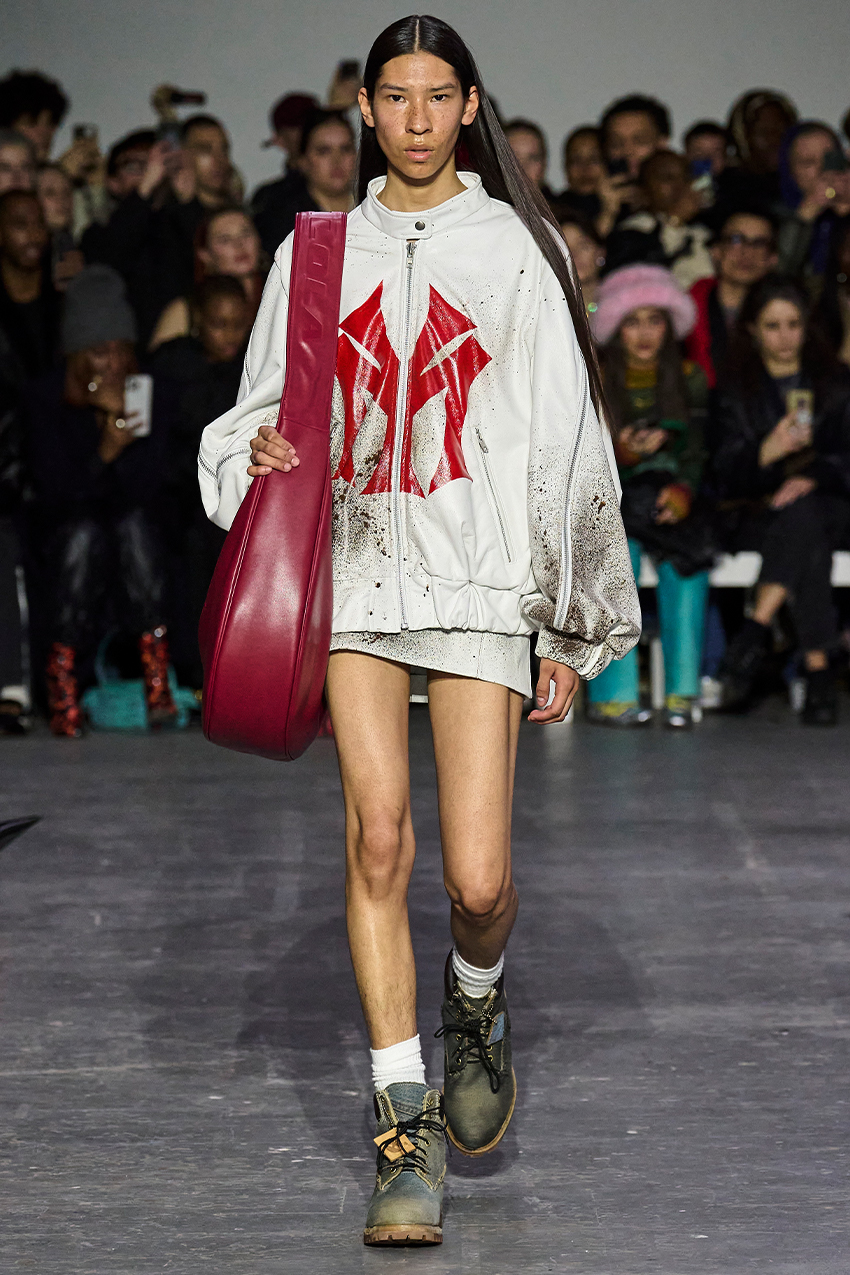
It's clear to any observant viewer that Ogunlesi (much like the other designers featured in the story) is keenly aware of the boxes society tries to push on them. They know that the world tries to simplify everything from gender to identity to who's seen as a criminal and who's seen as glamorous, and even the creative process is flattened by capitalism. Yet, these women rebuke the ideas before them. They rage against the machine simply by taking to their sewing machine. It's a wave of women using "women's work" to spin up their own world on their terms, and we're all here for it.
Shop the brand:
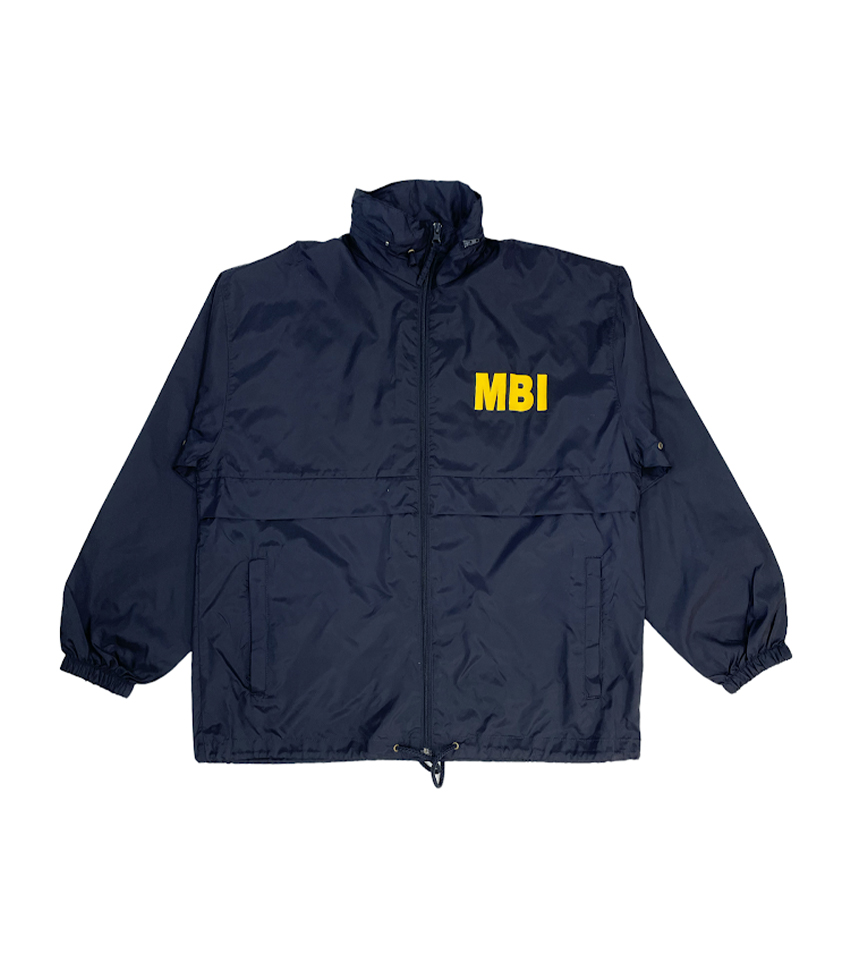
Calling all gorpcore enthusiasts, this jacket is made for you.
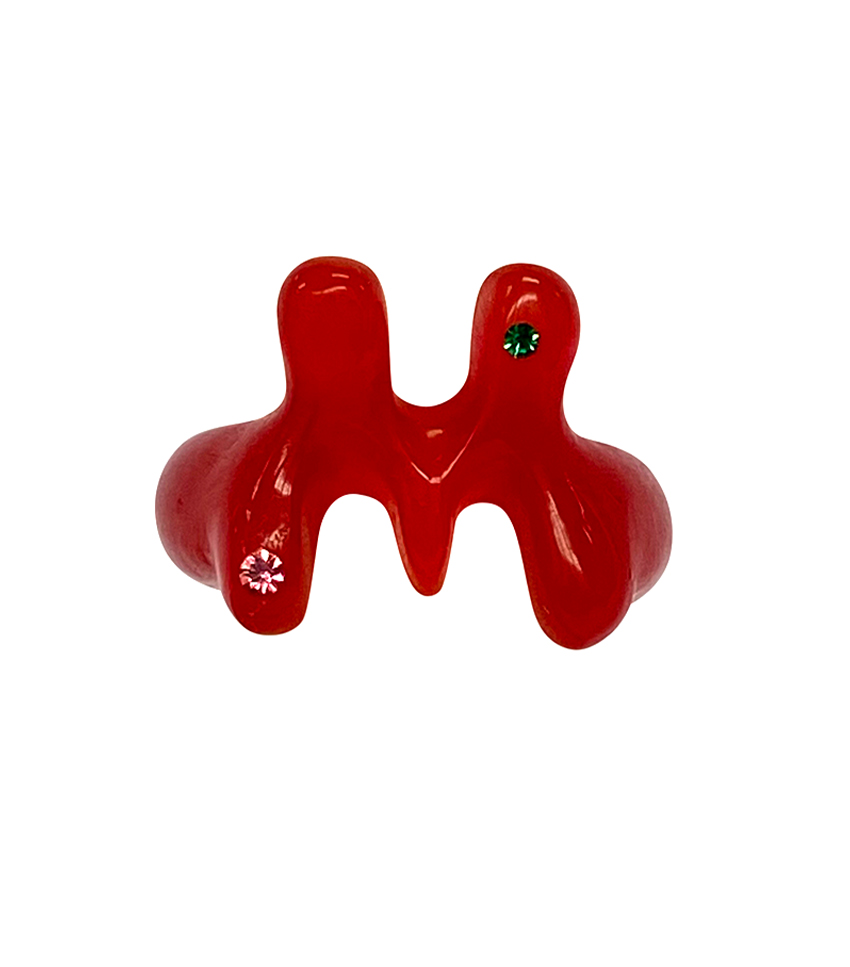
Kitchy plastic rings are still going strong.
Next: I'm Super Into These 11 Queer Female and Nonbinary Designers

Jasmine Fox-Suliaman is a freelance writer and editor living in New York City. What began as a pastime (blogging on Tumblr) transformed into a lifelong passion for unveiling the connection between fashion and culture on the internet and in real life. Over the last decade, she's melded her extensive edit and social background to various on-staff positions at Who What Wear, MyDomaine, and Byrdie. More recently, she’s become a freelance contributor to other publications including Vogue, Editorialist, and The Cut. Off the clock, you can find her clutching her cell phone as she's constantly scrolling through TikTok and The RealReal, in search of the next cool thing.
-
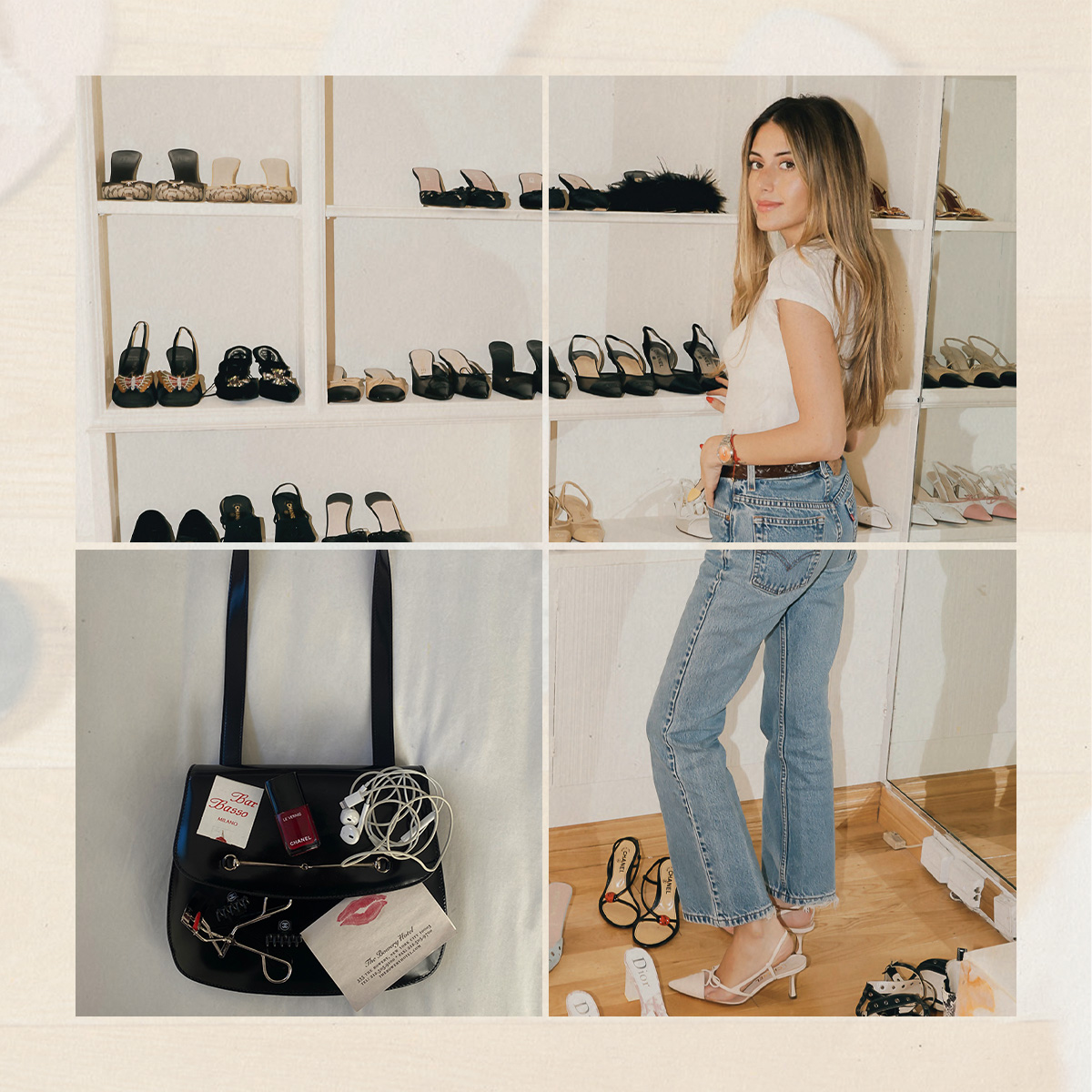 The Women Behind Instagram's Designer-Vintage Craze
The Women Behind Instagram's Designer-Vintage CrazeI suggest you get to know them.
-
 This Gold Medalist Is Championing Confidence and Uplifting Women Through Style
This Gold Medalist Is Championing Confidence and Uplifting Women Through StyleSponsor Content Created With SHEIN
-
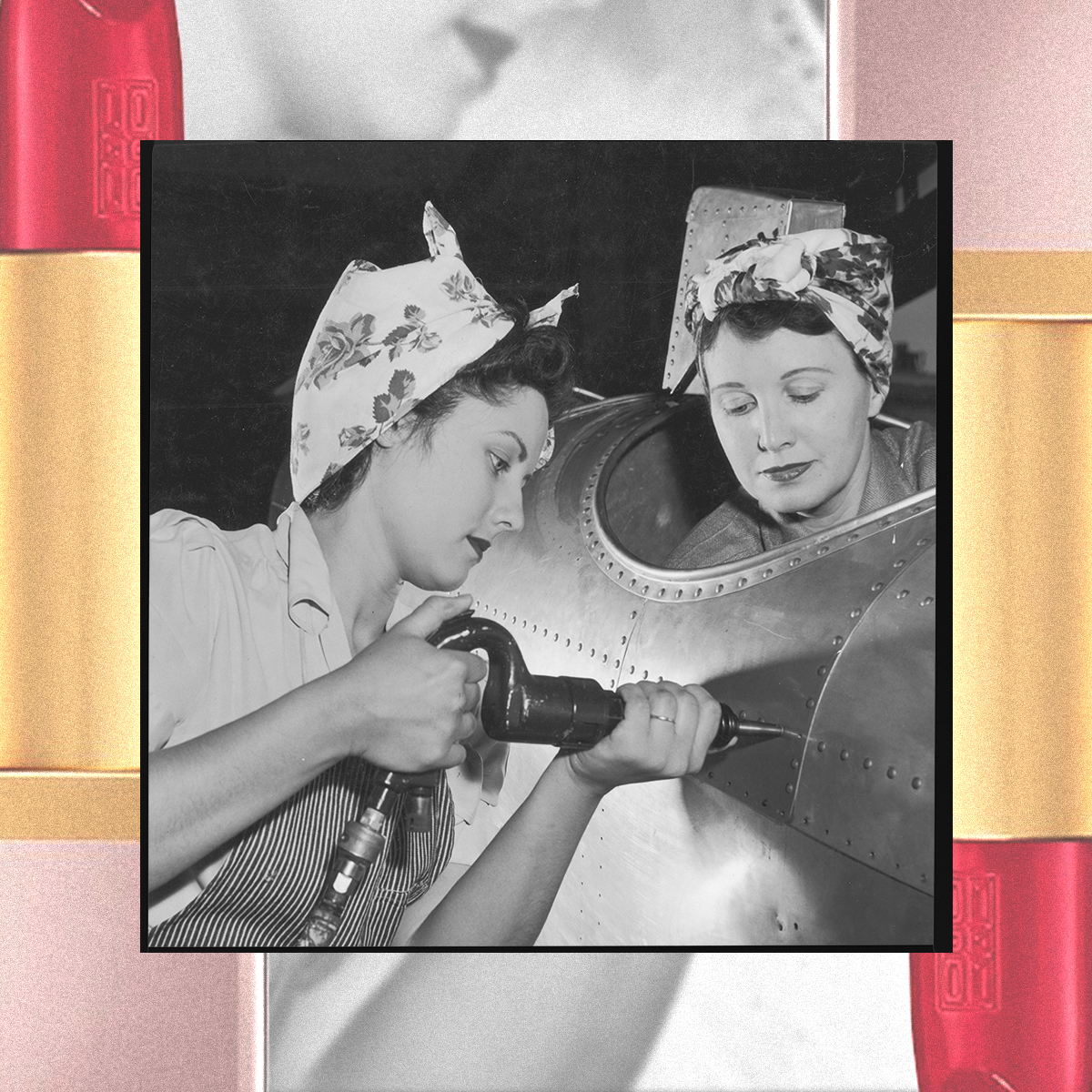 How Red Lipstick Has Epitomized Defiance Throughout History
How Red Lipstick Has Epitomized Defiance Throughout HistoryIt's more than makeup.
-
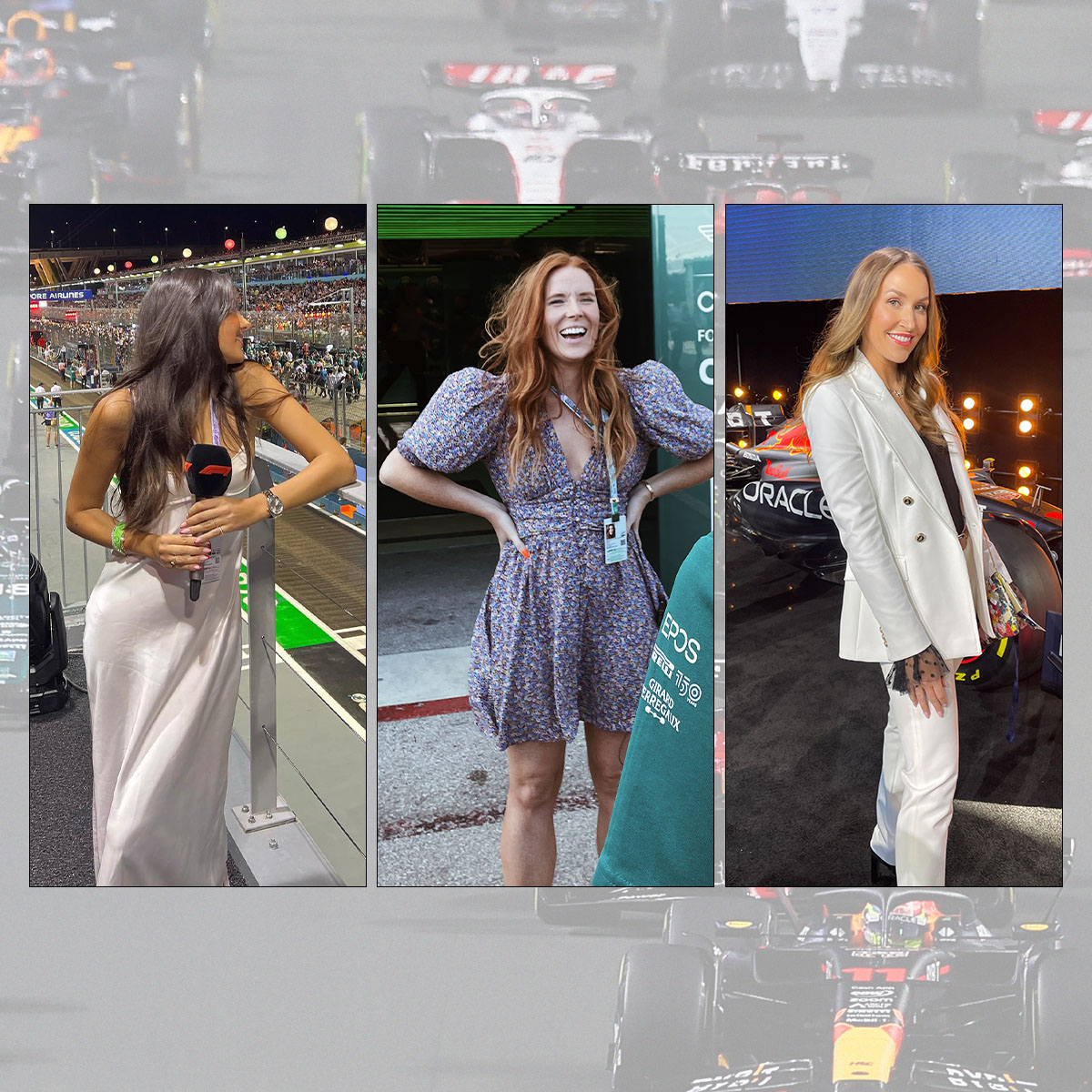 The Female Content Creators Ushering In a New Era of Formula One
The Female Content Creators Ushering In a New Era of Formula One"The sport would not run without women."
-
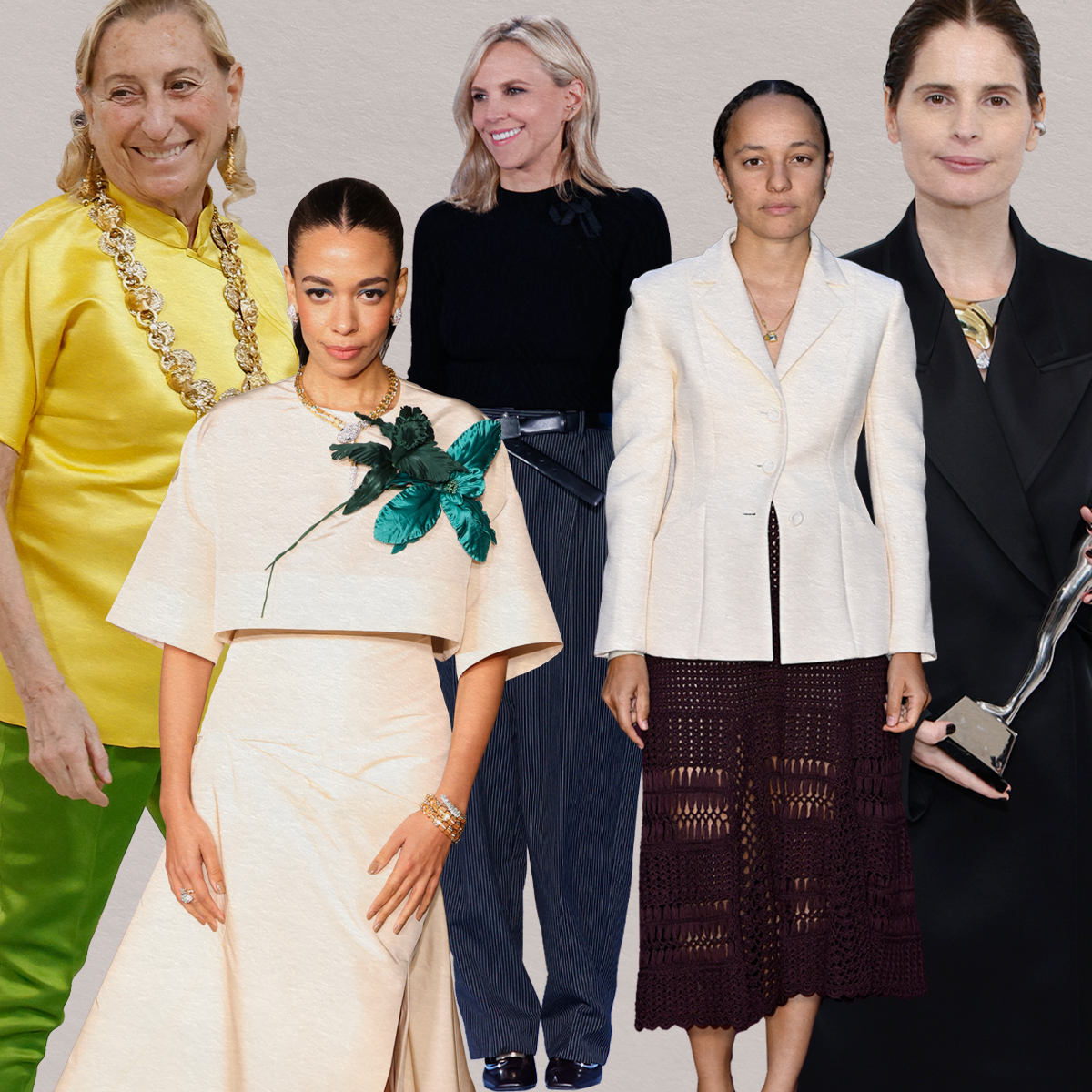 28 Women-Owned Finds From Nordstrom That Demand Your Immediate Attention
28 Women-Owned Finds From Nordstrom That Demand Your Immediate AttentionHappy Women's History Month!
-
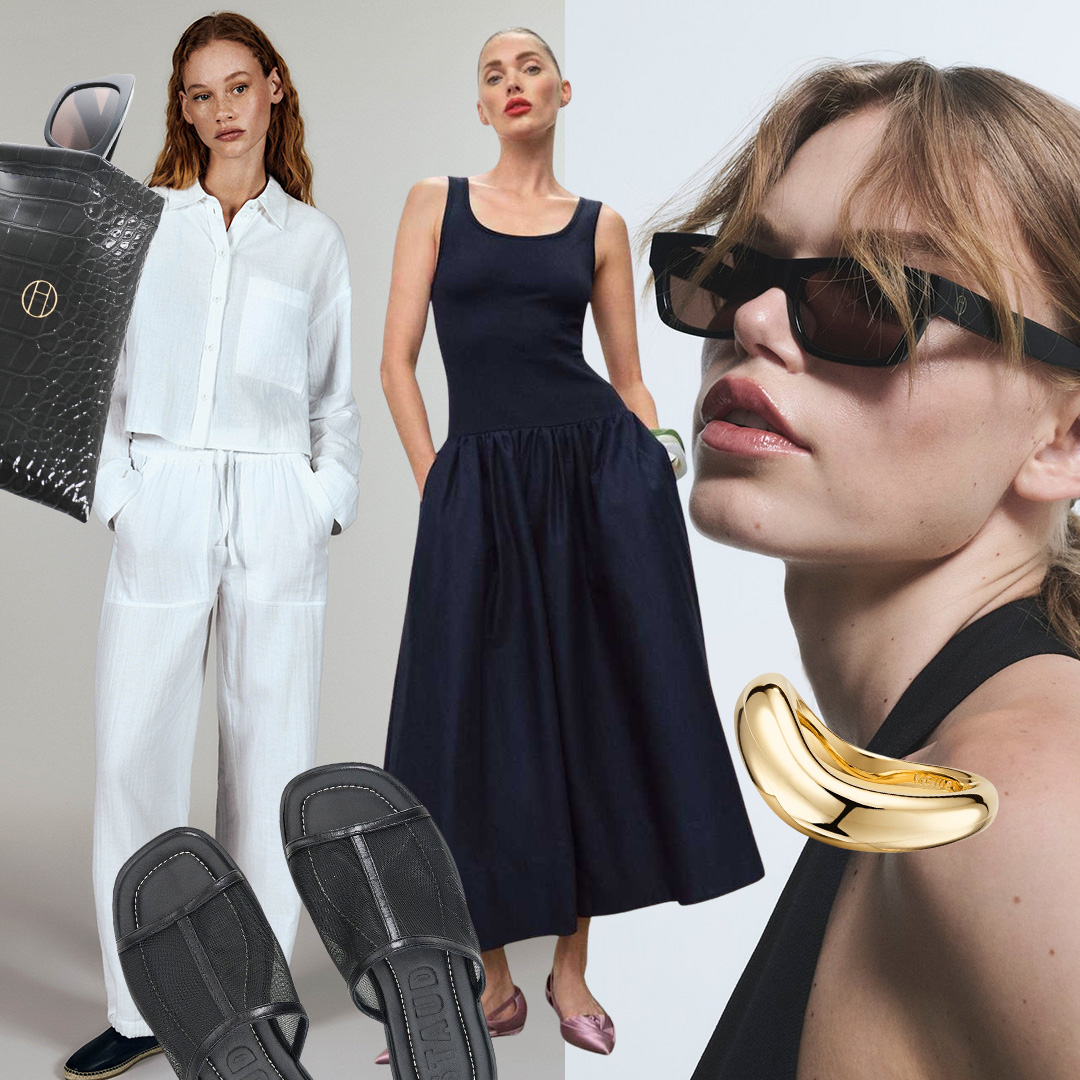 Shop This Week's Best New Arrivals—International Women's Day Edition
Shop This Week's Best New Arrivals—International Women's Day EditionPut your money where it counts.
-
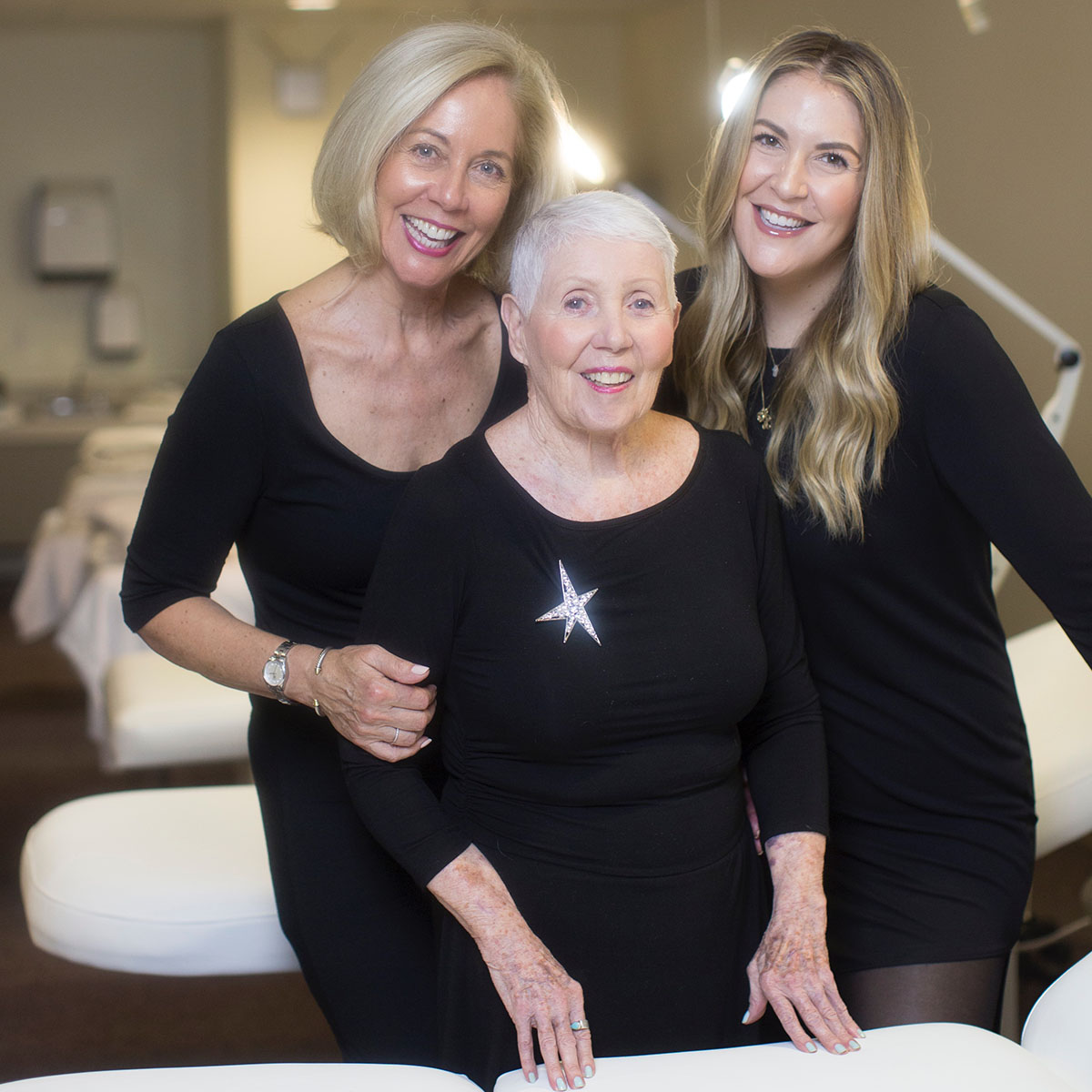 A Third-Generation Esthetician Shares Her Secrets for Glowing Skin
A Third-Generation Esthetician Shares Her Secrets for Glowing SkinProfessional skincare is in this family's genes.
-
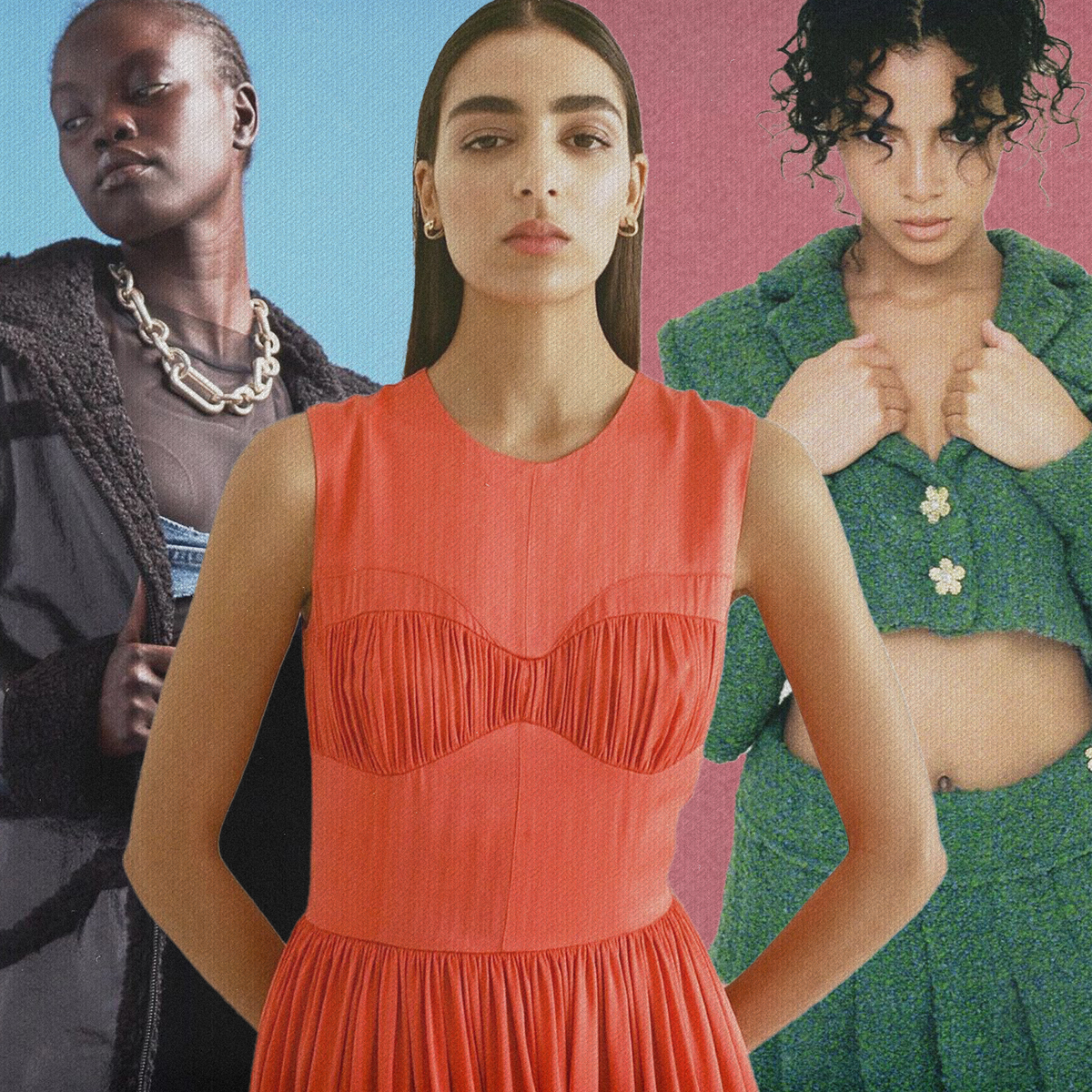 18 Buzzy Female-Owned Fashion Brands the Fashion Set Loves
18 Buzzy Female-Owned Fashion Brands the Fashion Set LovesYou've likely spotted them in your feed.
